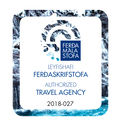|
The first transnational meeting and teacher training activity in the GeoSchools project took place in Iceland on 24 - 28 June 2024. The project is an Erasmus+ funded initiative focused on bringing innovative teaching of climate change to schools by integrating geosciences into the curriculum.
By leveraging the unique landscapes and expertise of UNESCO Global Geoparks, we aim to provide students with hands-on, practical learning experiences that foster a deep understanding of geosciences and their relevance to climate change. This collaborative effort involves educational and scientific institutions from Poland, Iceland, Turkey, and Romania, working together to develop and implement new teaching methods and materials. The project aligns with the European Union's policies on education and climate action, aiming to build a sustainable future through education. For more information about the project please visit our website at www.geoschools.eu Representatives from GeoCamp Iceland attended the final event "Excellent Education for All" of the Czech Education Programme funded by EEA Grants. The international event serves as a forum for the cooperation among Czech, Norwegian, Icelandic and Liechtenstein schools, universities and other education organisations, showcasing the results of the programme.
GeoCamp Iceland participated in the succesful project "GEOCAMP - supporting geology teaching towards active citizenship" which introduced new and innovative teaching programmes and methods in the field of the sciences and geology to prepare teachers for the challenges of the future and act in the interests of environmental protection. The project was partnered by Ralsko Geopark and the Technical University of Liberec in the Czech Republic. GeoCamp Iceland participated in the second transnational meeting of the Erasmus+ supported project “Green Advisor” in beautiful and mesmerising Cori, Italy on 18 - 19 April 2024. The meeting was organised and hosted by our Italian partner at Polygonal, and included participants from Spain, Turkey and Finland.
The "Green Advisor - Enhancing environmental sustainability of EU funded projects” is a three-years Erasmus+ Cooperation Partnership in the field of Adult Education that is coordinated by GeoCamp Iceland and involves partners from Spain, Italy, Turkey and Finland. The partnership will work together addressing the need to lower the environmental CO2 footprint that Erasmus+ projects generate. Among project outcomes are a Carbonfootprint Calculator (APP) and Green Streaming Orientation Tool to support Project Managers and Adult Educators in making their travels and communication more sustainable, while enhancing critical thinking on the environmental impact of such activities. During the meeting we were able to finalise research work as well as the environmental quality assurance framework on European project management. The meeting also focused on continuing work on the footprint calculator - including parameters for the calculation of the carbon footprint of EU projects - as well as development of self-assessment tools for project managers and training activities. There can be no trip to Italy without food and cultural events, so project partners received a guided tour inside Comune di Cori and tasted locally produced products of Cori and Giulianello. The group also had a privately currated visit to the stunning gardens of Ninfa "Giardino di Ninfa”. The next meeting within the project will take place in Iceland, and will include testing of teacher training materials. Big thanks to Polygonal for hosting the event, as well as to the other project partners (DomSpain, Gazi Üniversitesi, Smartup and Olemisen) for their active participation. For more information about the project please visit our project website: www.greenadvisorproject.com Arnbjorn Olafsson, Managing Director of GeoCamp Iceland participated in the highly succesful contact seminar "Green practices in Erasmus+ projects" which took place in Bratislava, Slovakia on 10 - 12 April 2024. The seminar brought together participants from both school and vocational sectors, interested in sustainability and greening of EU projects. Sustainability and green practices are one of the main horizontal priorities of the Erasmus+ programme and during the seminar, the participating partners had a chance to share their experiences, expand their professional and personal networks, as well as hear about good practice examples of Erasmus+ KA2 projects that have strived to adopt a sustainable approach towards their projects and/or institutions. With the participation in the seminar we were able to share our thoughts and ideas on climate change, sustainability and environmental issues, within international education and development projects, as well as share previous experience in international projects. For GeoCamp Iceland the topic is especially relevant, being partners in two Erasmus+ funded projects that centre on green practices: Green Advisor Project on enhancing environmental sustainability of EU funded projects; and Upcycling, which focuses on promoting cross curricular collaboration, using innovative learning approaches to prepare learners, staff and youth workers towards becoming true agents of change. The networking event presented us with a great platform to discuss the importance of creating environmentally sustainable projects within the Erasmus+ programme, as well as build on the experience developed so far in our ongoing projects. Images and video from SAAIC - ErasmusPlus in Slovakia The nature of eruptions in Iceland is diverse, from small effusive eruptions where lava flows quietly from fissures and crater rows to significant explosive eruptions in ice-covered central volcanos that produce large ash plumes—literally where fire meets ice.
The reason for Iceland's intense volcanic activity is the country's geological position, where dynamic geological forces are at work between the spreading plate boundary on the Mid-Atlantic Ocean ridge and a powerful mantle plume creating a hot spot on the surface. Together, they produce large amounts of magma, filling the gaps in the crust made by the spreading plates, resulting in frequent eruptions along the rift zone. The Reykjanes Eruptions (2021 - ) A new fissure eruption started on the Reykjanes Peninsula by Mt. Stóra-Skógfell on Thursday, February 8th at 6:06 AM. Since early February 9, the eruption has subsided significantly and there has been no visible activity since 8 AM that day. This marks the third eruption in the area since December 2023. On average, a volcano erupts in Iceland erupts every five years. Since 2021, however, the frequency has been closer to every 12 months. The area broadly known as Fagradalsfjall in Reykjanes UNESCO Global Geopark, some 35km from the capital Reykjavík, flared to life after a series of earthquakes on the Reykjanes Peninsula. The three eruptions - some consider one single eruption with months-long pauses - mark the beginning of a new geological era on the southwestern peninsula, which has been dormant for the past 800 years. Unlike most volcanic eruptions - occurring on the interior highlands, the lava hidden under ice and/or with lethal volumes of volcanic gases - Fagradalsfjall was the ideal 'tourist volcano': Small in relative terms and accessible for all levels of fitness. The last eruption at Fagradalsfjall ended in August 2023, but the site still remains a major attraction. The thick, black crust of lava paves the landscape with crumbling craters and steam. Key takeaways
For more information please visit updated websites of Visit Reykjanes (www.visitreykjanes.is/en/volcano-eruption/eruption-information) and Visit Iceland (www.visiticeland.com/eruption/). Eligible undergraduate students at the University of Southern Maine (USM) Honors Program have the unique opportunity to travel abroad to Iceland delving into timely topics ranging from climate change, sustainability, and resilience to maritime cities and the Blue Economy. This annual, interdisciplinary Summer course, partners with GeoCamp Iceland for the logistics, planning and content development for their trips to Iceland.
Opportunities for discovery The 2023 class, HON 195: Living Now: writing Iceland & finding hope in a changing climate, explored questions of sustainability, climate change, and hope through writing and photo essay. During the travel class, students met with an Icelandic author, visited researchers at Reykjavik University to learn about their innovative responses to sustainability and climate change, and traveled to remote glaciers and waterfalls. Each student finished the course with a final project that summarized their experience. Click below to view their projects.
For more information please visit the Maine North Atlantic Institute at the University of Southern Maine (https://mnai.org/). GeoCamp Iceland was one of 62 tourism SMEs in several European countries that received European project grant to support digital transformation process within their companies throught the TOURBIT project. In February 2023, TOURBIT project launched a call for proposals for tourism SMEs aiming to finance innovative digitisation projects for tourism SMEs located in Belgium, Catalonia (Spain), France, Iceland, Lapland (Finland), Portugal and Slovenia. The call raised a lot of interest from the tourism sector as it received more than 230 applications. Arnbjörn Ólafsson, Managing Director of GeoCamp Iceland, was invited to speak on behalf of beneficiary SME's at TOURBIT's final conference in Barcelona on 1 March 2024. Specifically he talked about the importance of having a strong digital presence and the journey that each business has been on as part of the Project, focusing on digital trends and opportunities. According to Arnbjörn, GeoCamp Iceland's participation in this acceleration programme has had an immediate impact on streamlining operations and enhancing customer engagement. "The TOURBIT project marked a turning point for GeoCamp Iceland's digital approach, providing practical tools and applications that have turned around our operational efficiency. The transition from traditional planning methods to digital platforms has streamlined our processes, allowing for real-time information updates and enhanced planning capabilities. For GeoCamp Iceland, this digital shift has opened new doors for in B2B marketing." During the project, GeoCamp Iceland has conducted workshops and developed training materials for the staff, in order to ensure a collective understanding. The emphasis on practical solutions, better aligned with the company's objectives, underscored the project's commitment to providing tangible results. Gradual Adoption and Sustainable Expansion Getting everyone on board with digital tools is acknowledged as a gradual process, but the positive outcomes from small changes made during the TOURBIT project are steadily gaining traction. As GeoCamp Iceland expands its tour offerings, the data collected through digital tools not only enhances marketing efforts but also guides the delicate balance between growth and maintaining high standards. Arnbjörn concludes by stressing the importance of not losing the human touch in a world ever more defined by digitalization. "By implementing CRM tools we look towards imporving customer data management in the future. We hope that our participation in the TOURBIT project can serve as a practical example of how digitalization can pave the way for sustainable expansion without compromising the personal aspect that defines our company." Arnbjörn (far right) on the panel at TOURBIT with Nicholas Hall, CEO of Digital Tourism Think Tank, and Guilherme Silva from Casa dos Vales.
GeoCamp Iceland has signed a two-year cooperation agreement with Reykjanes UNESCO Global Geopark and the assocation of the four municipalities in the region, to organise and develop educational projects within the geopark. According the the agreement, GeoCamp Iceland will service educational and training activities, set up and manage regional and international development projects as well as serve as educational liaison between educational institutions and the geopark. Additionally GeoCamp Iceland will look at the potential use of resources and geosites in the region to enhance and develop STEAM education. In addition GeoCamp Iceland will take an active part in the educational part of the EGN2024 Confernece of European Geoparks, taking place in Reykjanes in October this year. 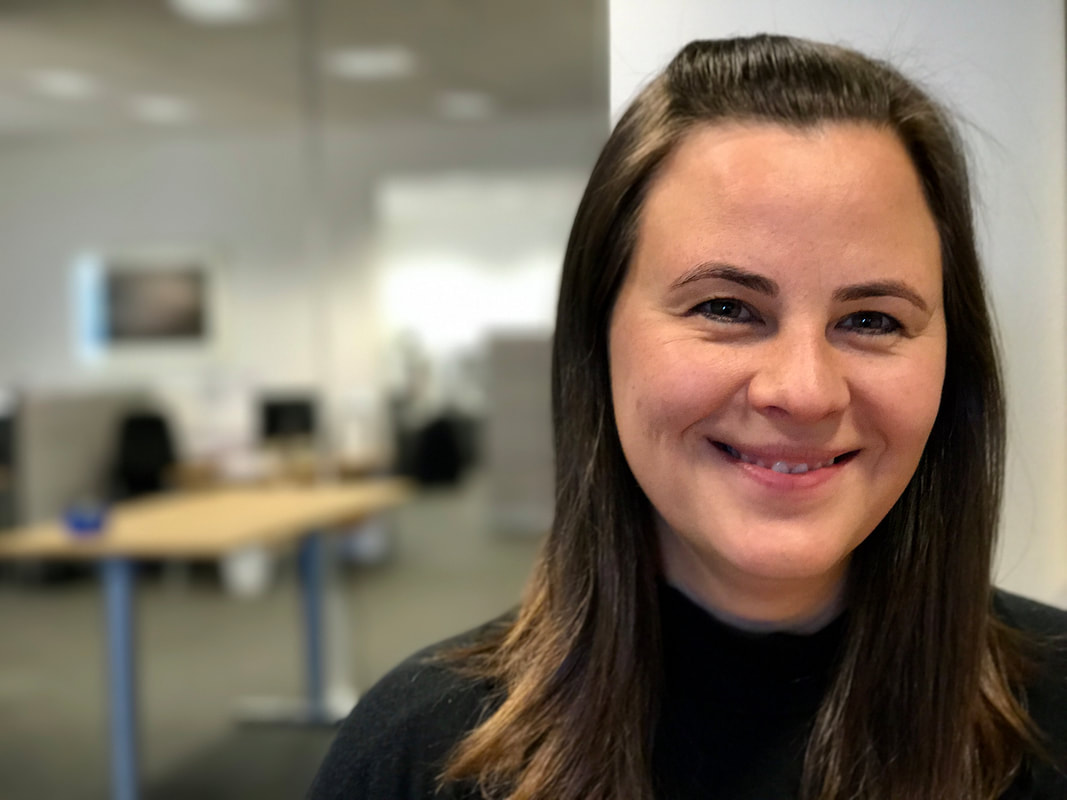 Sigrún Svafa Ólafsdóttir, Project Manager at GeoCamp Iceland, will in this period serve as project manager for educational outreach in the geopark, looking into enhancing cooperation between educational institutions and increased opportunity for both outdoor training activities and STEAM education within Reykjanes UNESCO Global Geopark, as well as other development and educational projects. Sigrún Svafa has a teaching background at Keilir Academy in Iceland, both on adult and primary school secondary school level. During her time at Keilir she also served as a mentor for new teachers, which included guidance and consultancy in educational methodologies and didactics. She has been involved with flipped learning for over a decade, being one of the frontrunners in introducing flipped learning in Iceland. We look forward to bringing you more information about the cooperation in the near future. For close to twenty years, GeoCamp Iceland has offered customized study tours for educational institutions, where the participants benefit from our personal network, background in education, contacts with Icelandic educational and research institutions within the field, and experience in receiving international study groups.
Along with planning and hosting these international student at teacher visits, GeoCamp Iceland participates in a number of regional, national and international educational projects, research development and training opportunities, with primary focus on developing teacher and student curricula as well as producing training material for outdoor science education and STEM related training activities. We've summarized our activities in 2023 in one document: geocamp_iceland_-_annual_report_2023.pdf The past year we've been fortunate to participate in an EEA funded project on implementing STEM education in Croatian schools. The project concluded with events, conferences and open days in all our partner schools, which brought the staff of GeoCamp Iceland for a final visit (for now) to Croatia. During the project lifetime GeoCamp Iceland organized and arranged monthly online meetings and workshops with our partner schools in Croatia, aimed to enhance understanding of STEM in education as well as work with pedagogy and educational methods. We arranged four study visits for a total of close to 50 Croatian teachers to Iceland, and took part in similar workshops and meetings, bringing over twenty teachers and experts from Iceland to Croatia in four visits. We thank our Croatian partners from OŠ Vladimir Nazor Budinščina, Osnovna škola Sibinjskih žrtava, OŠ Josipa Kozarca Lipovljani and OŠ "Vladimir Nazor" Đakovo for their dedication and commitment in the project, and for their warm welcome and generosity. We congratulate them on their achievements and the results in increasing interest and actively introduce STEM topics in Croatian education. From final meeting in January 2024 and Open day in November 2023 in Lipovljani From the final conference and open day in January 2024 in Sibinj Final conference in January 2024 in Ðakovo Final conference in January 2024 in Budinščina
|
Archives
April 2024
Categories
All
|
|
GeoSchool - GeoCamp Iceland is an educational project dedicated to increasing knowledge and understanding in natural sciences with practical and active learning. We develop educational content, student and teacher guides and curricula, organize and receive international study groups focusing on STEM education.
|




















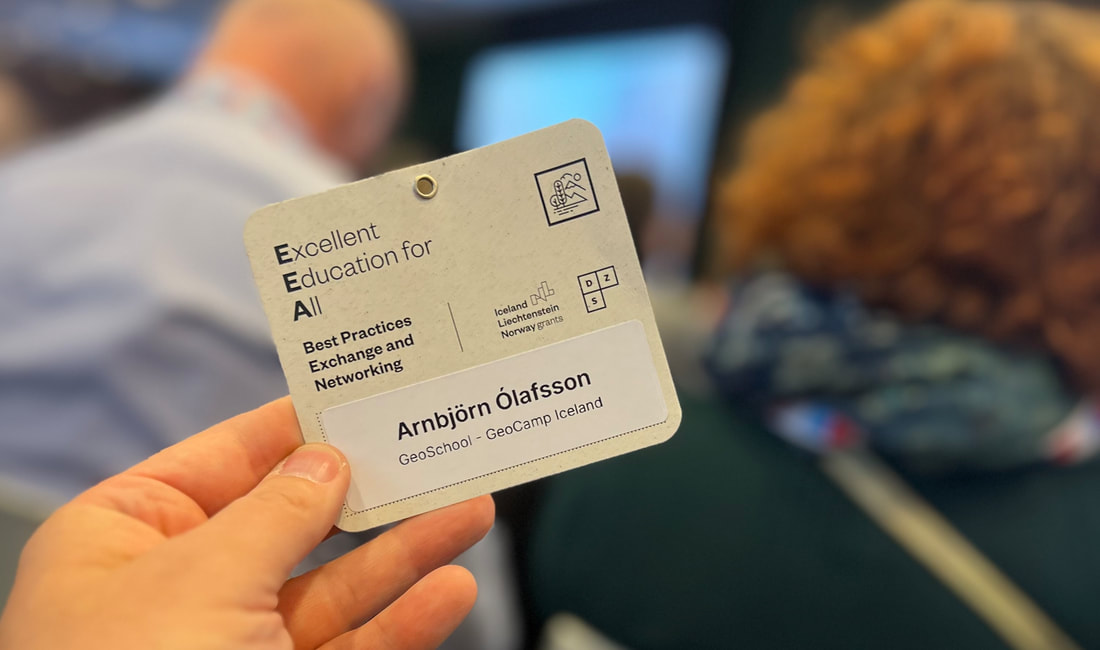
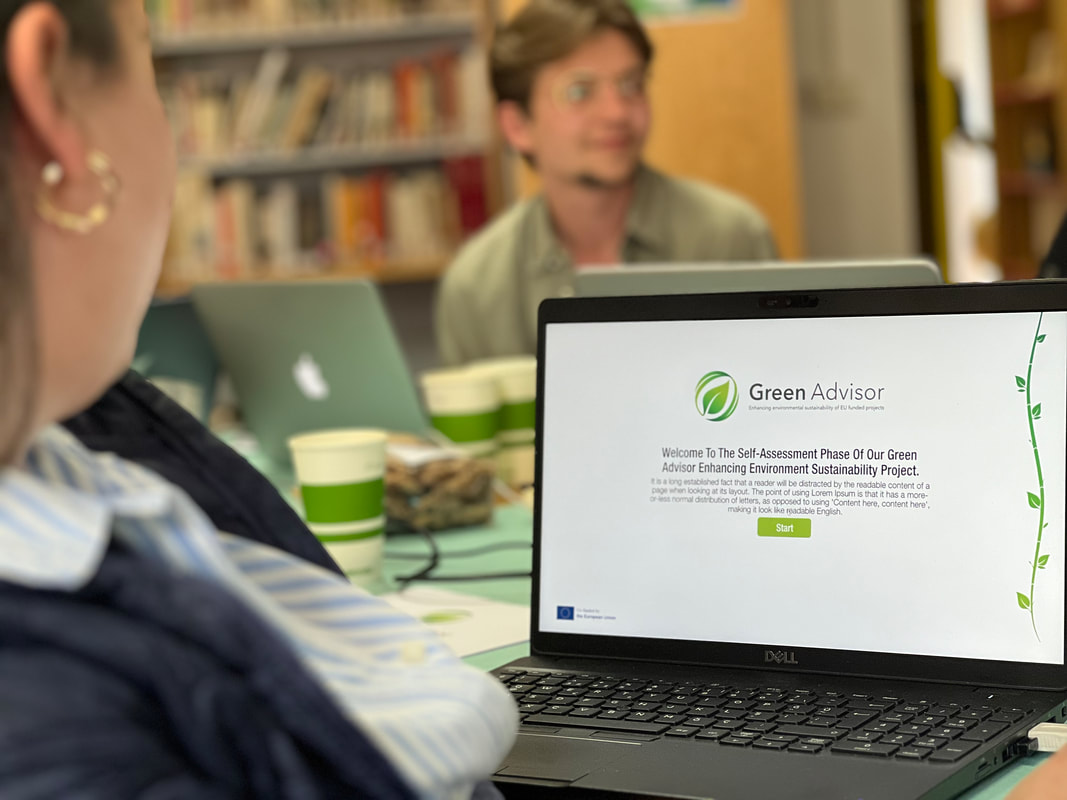
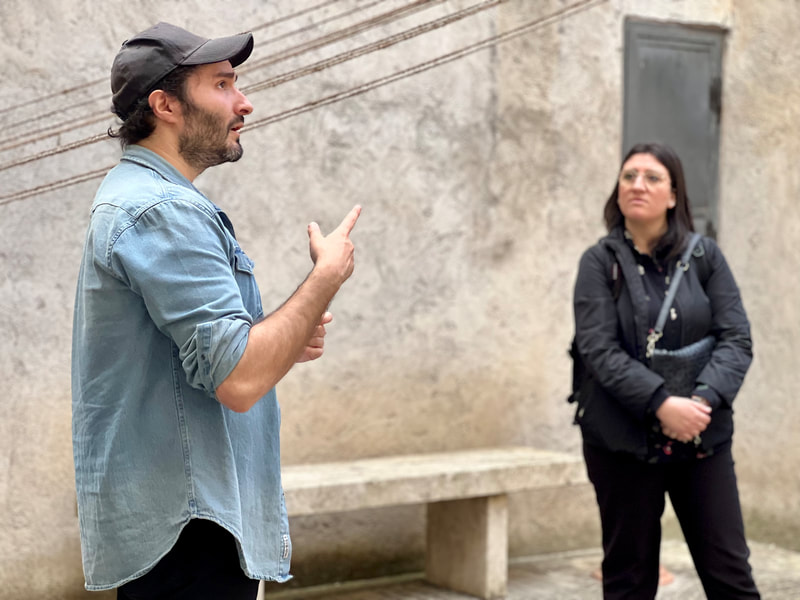
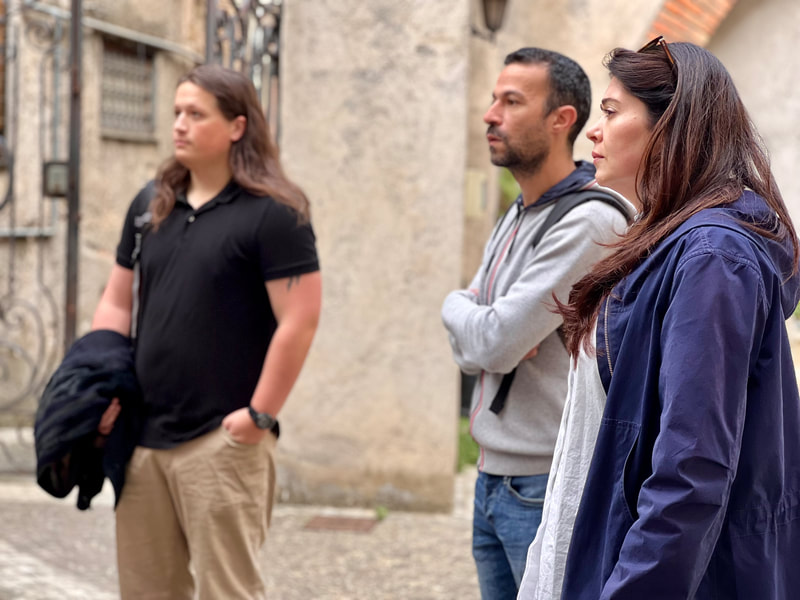
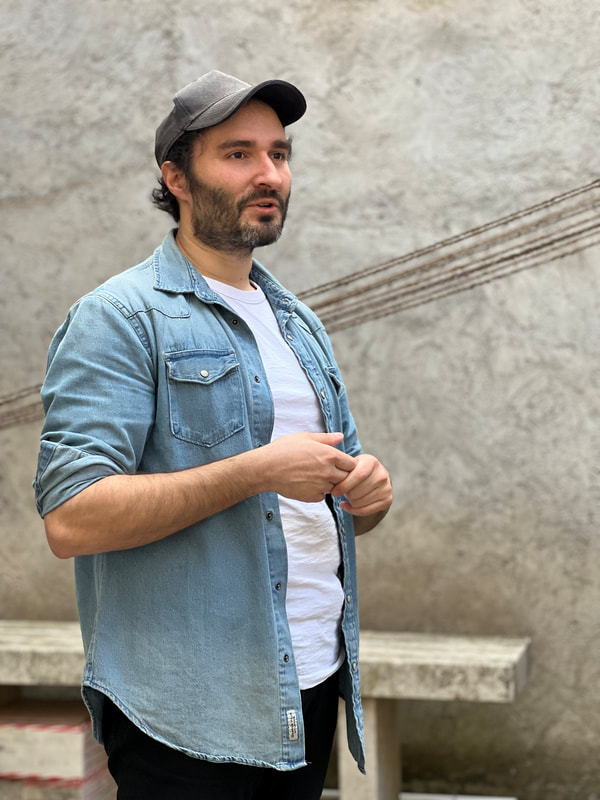
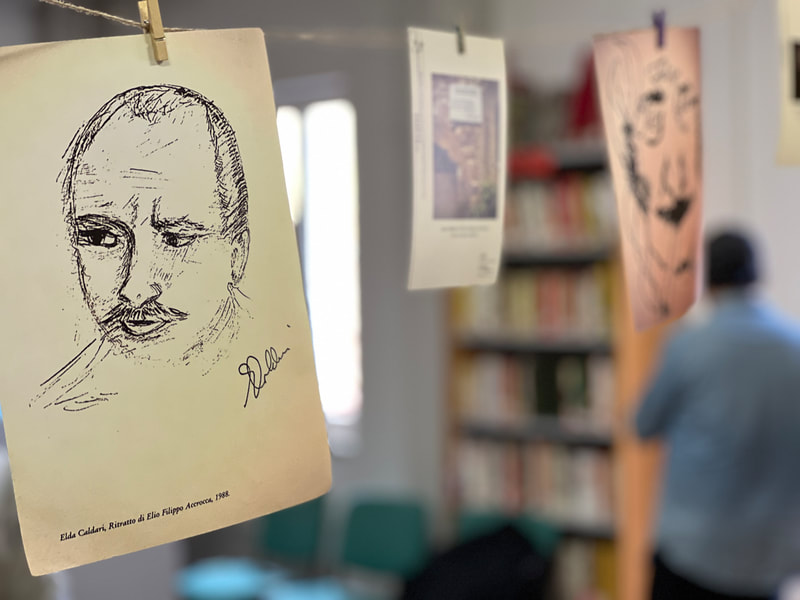
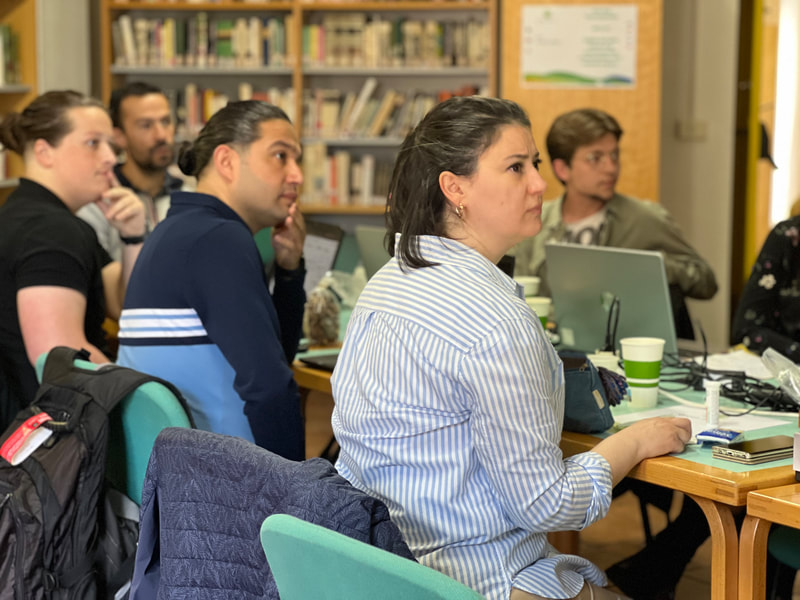
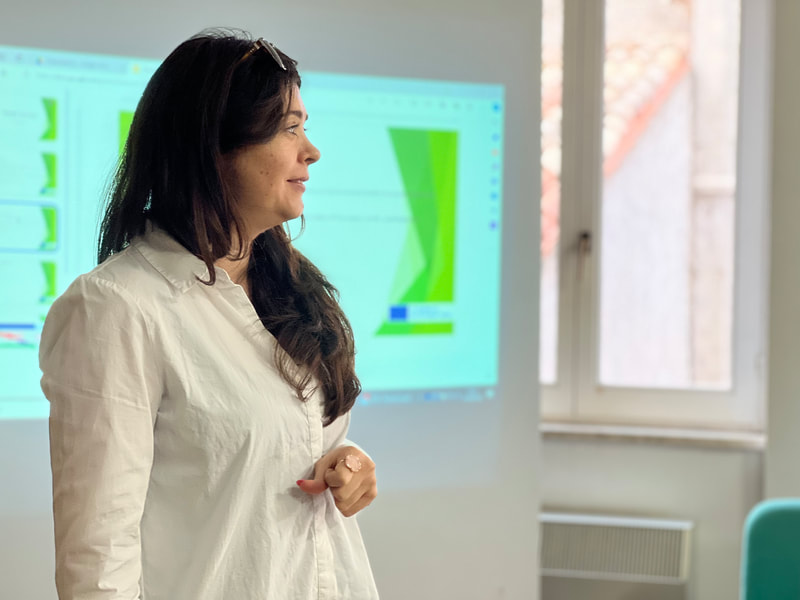
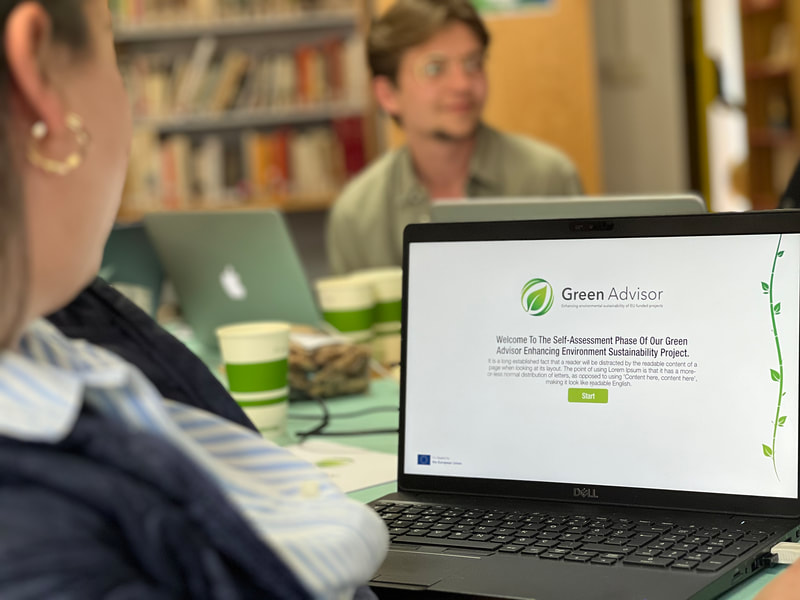
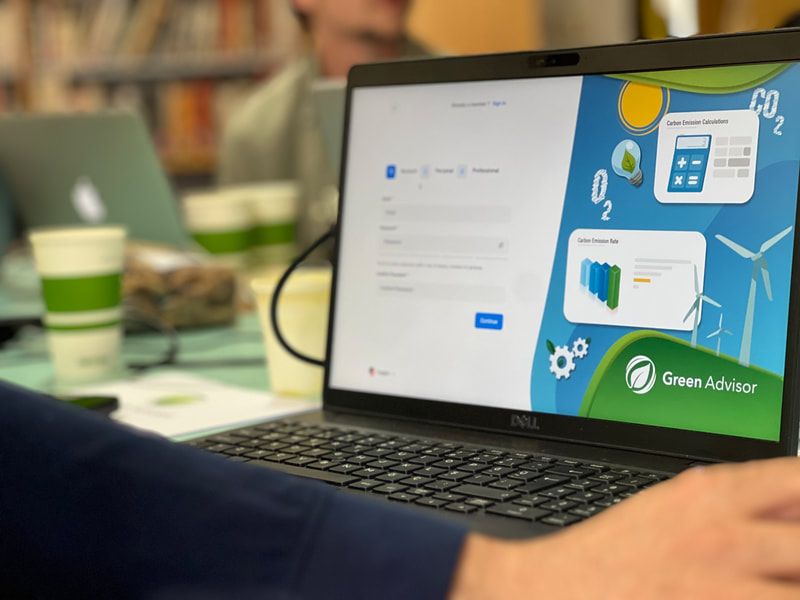
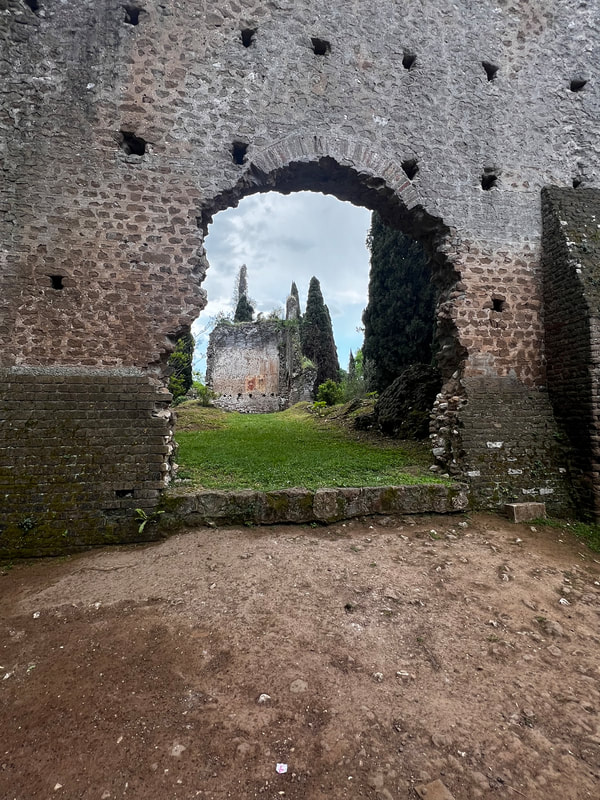
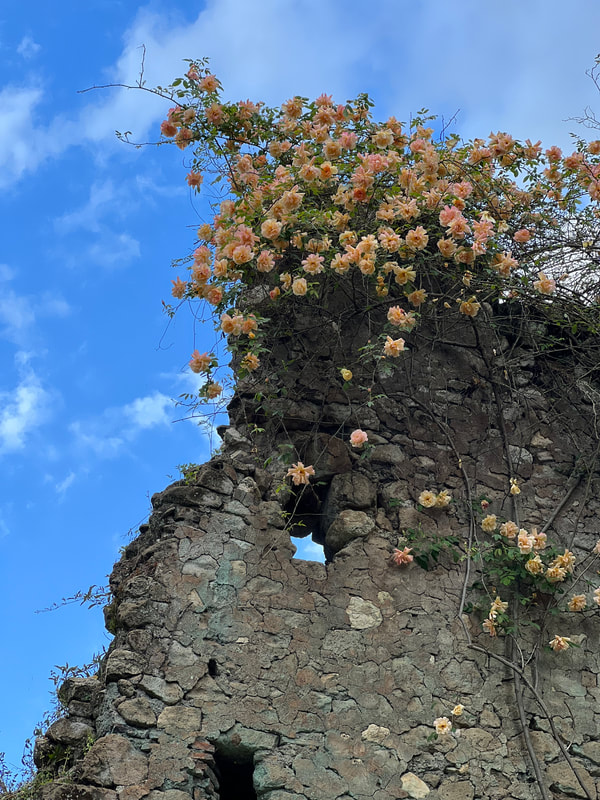
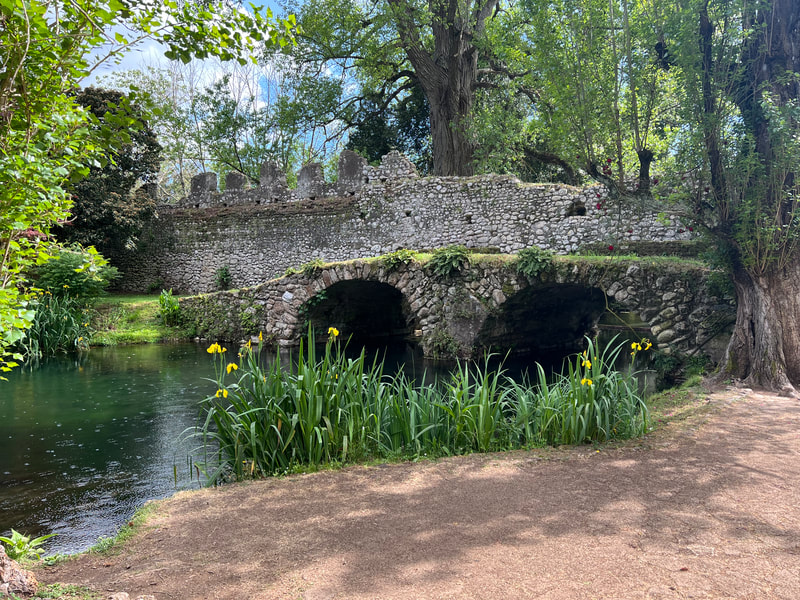
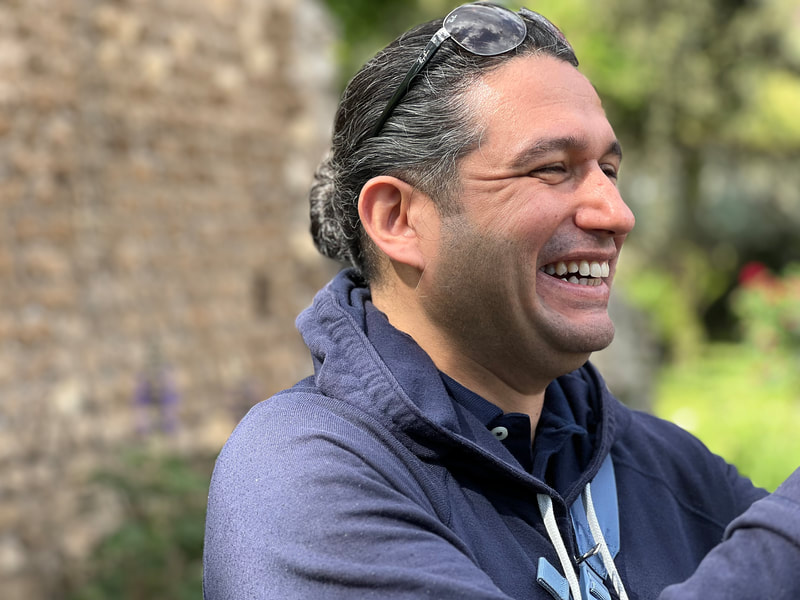
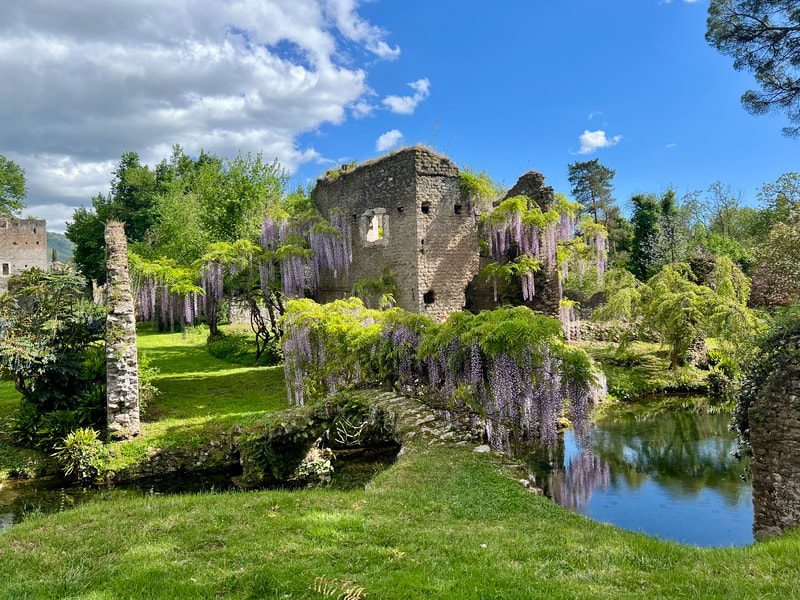
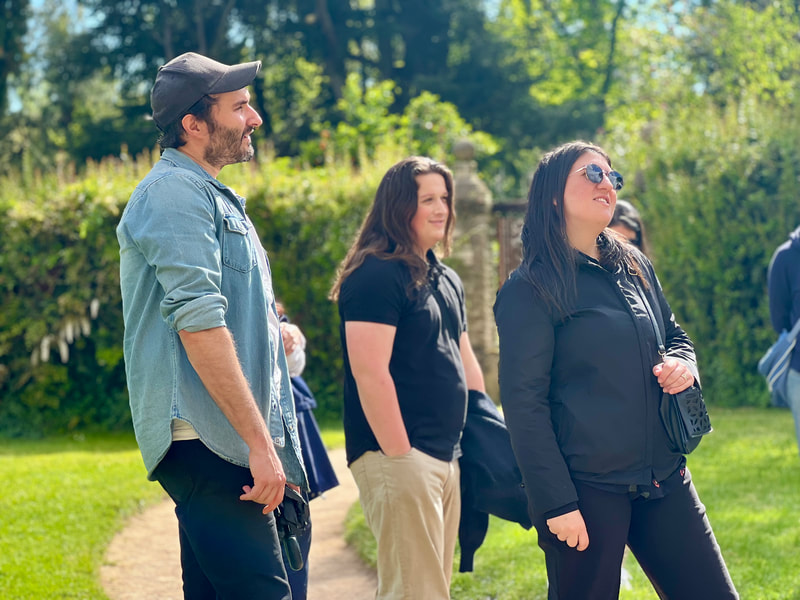
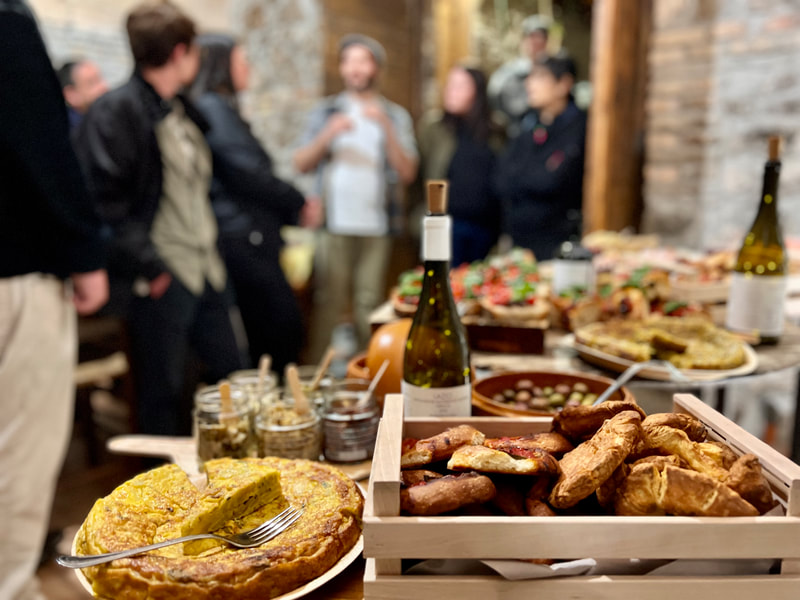
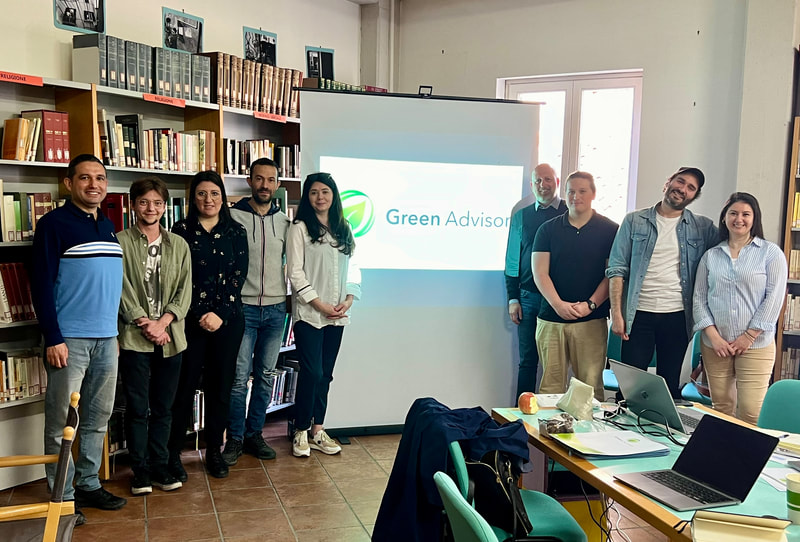
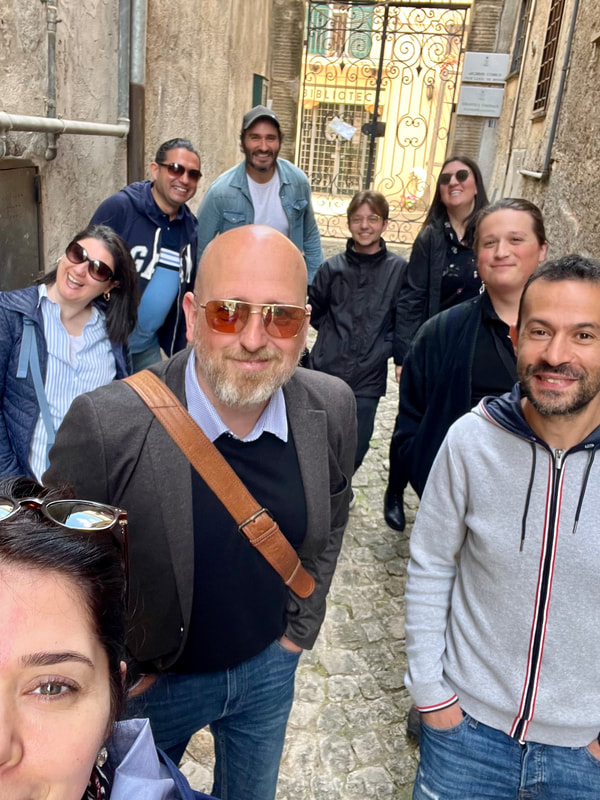
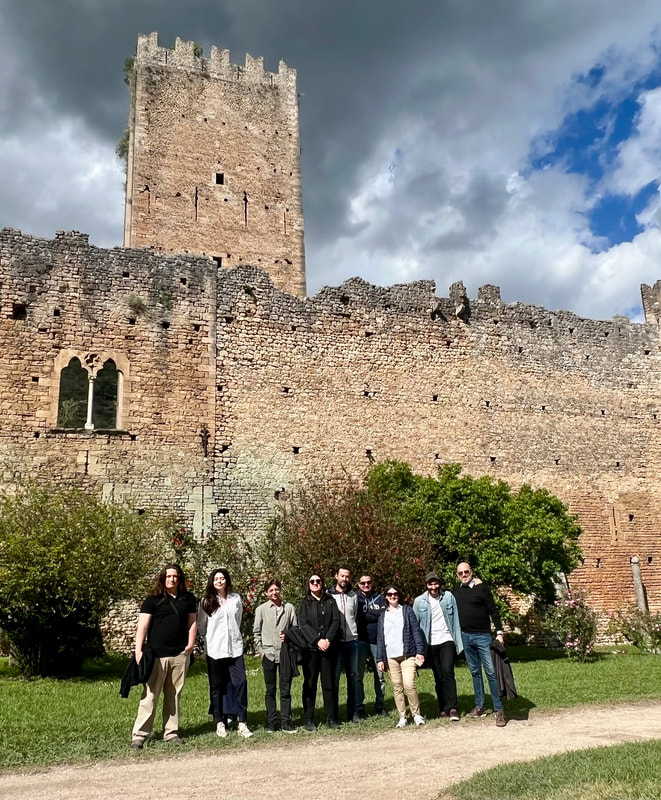
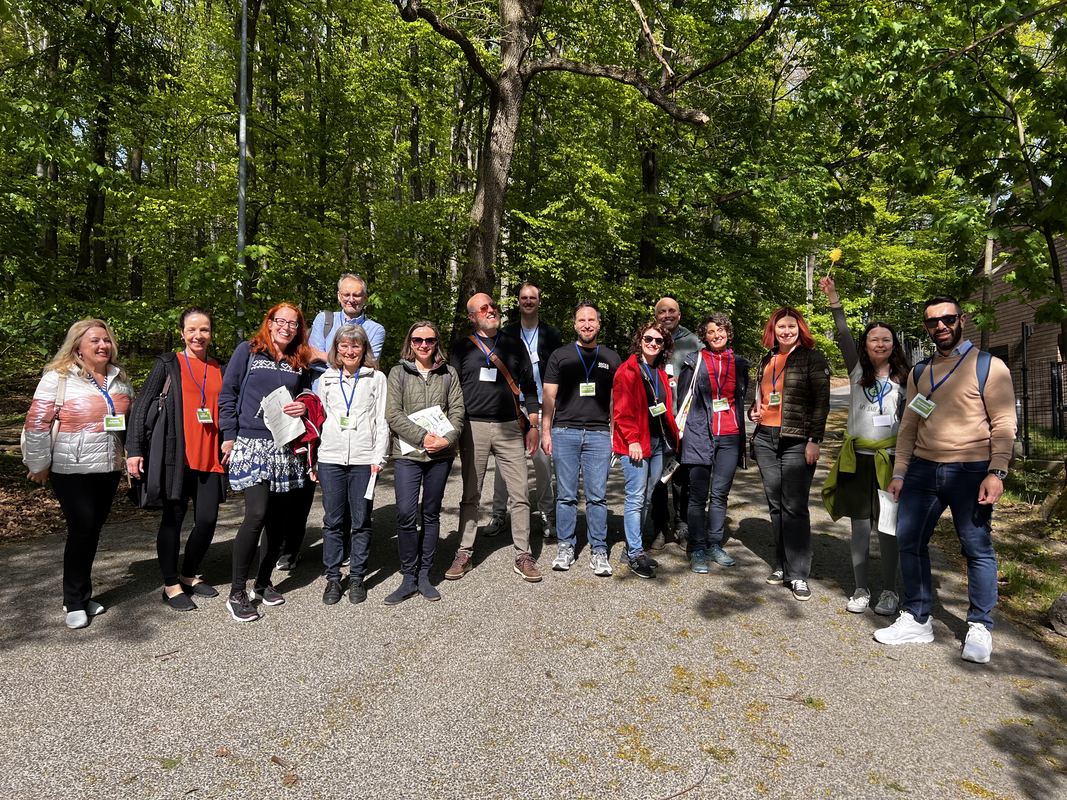
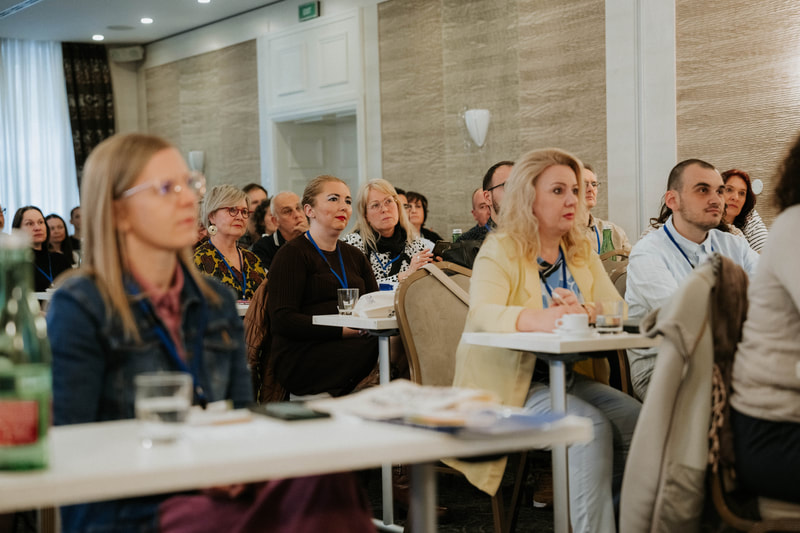
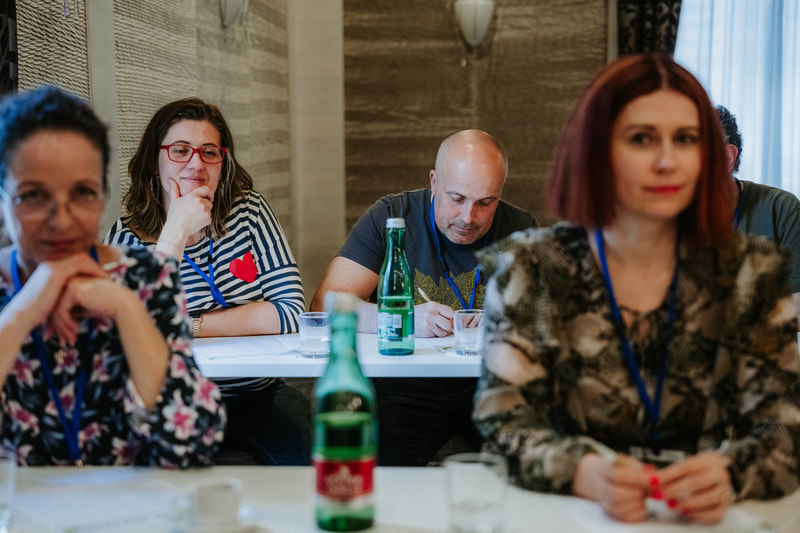
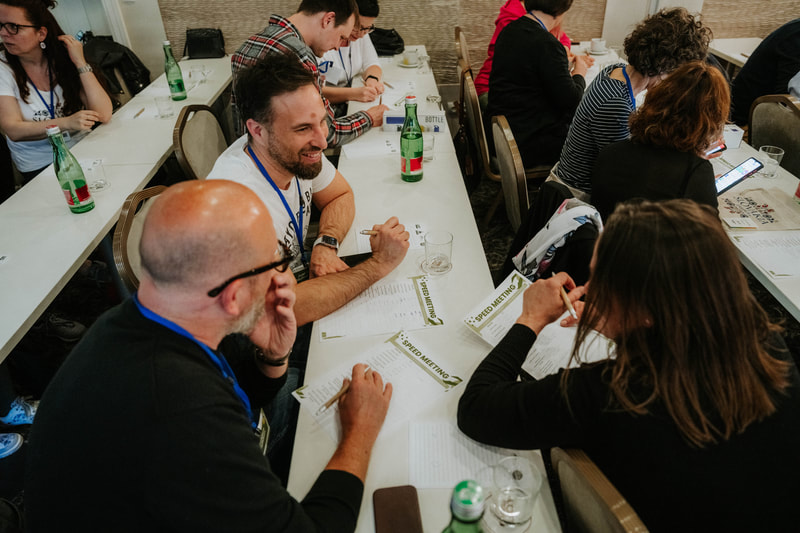
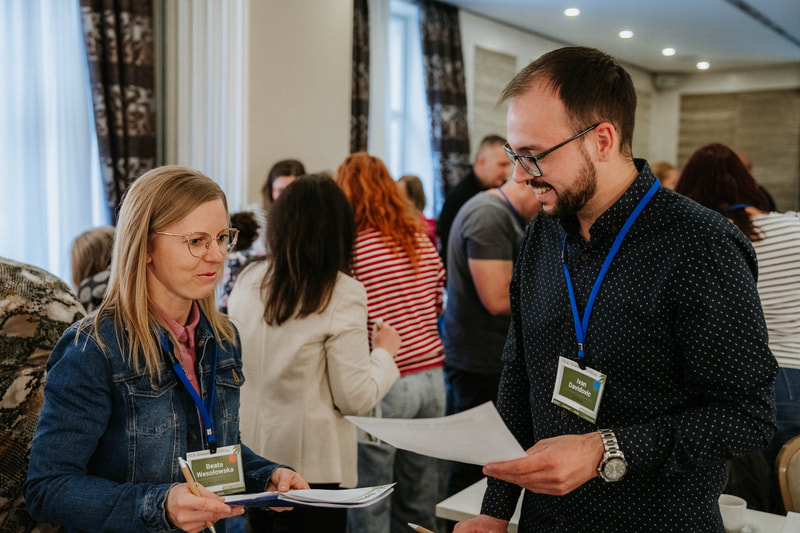
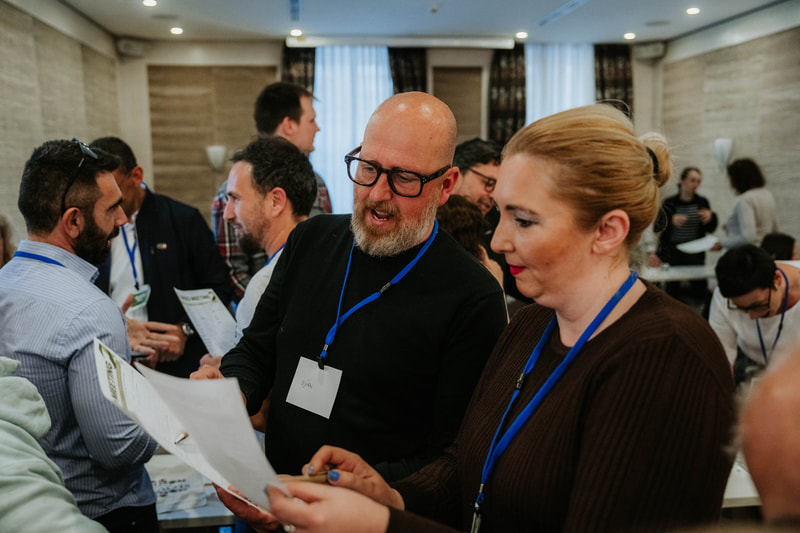
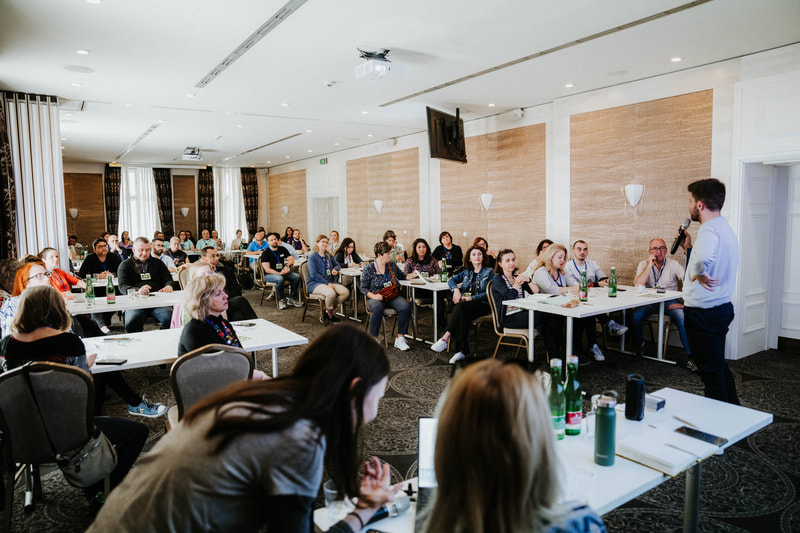
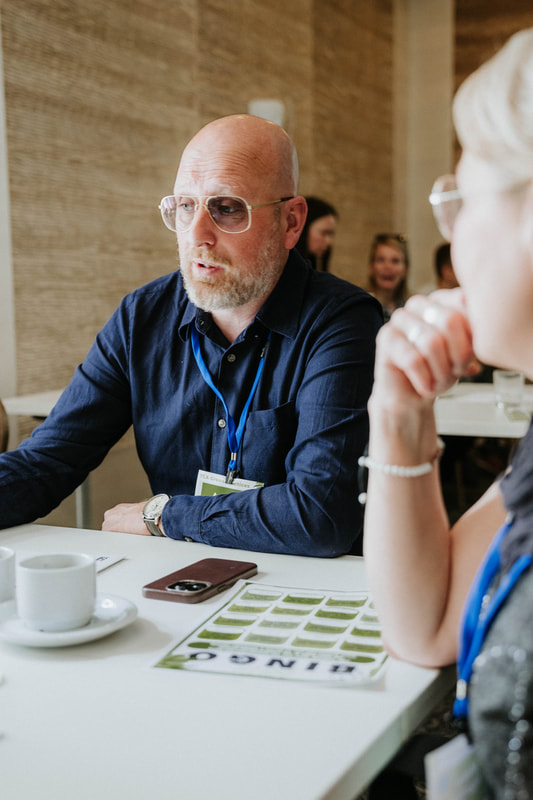
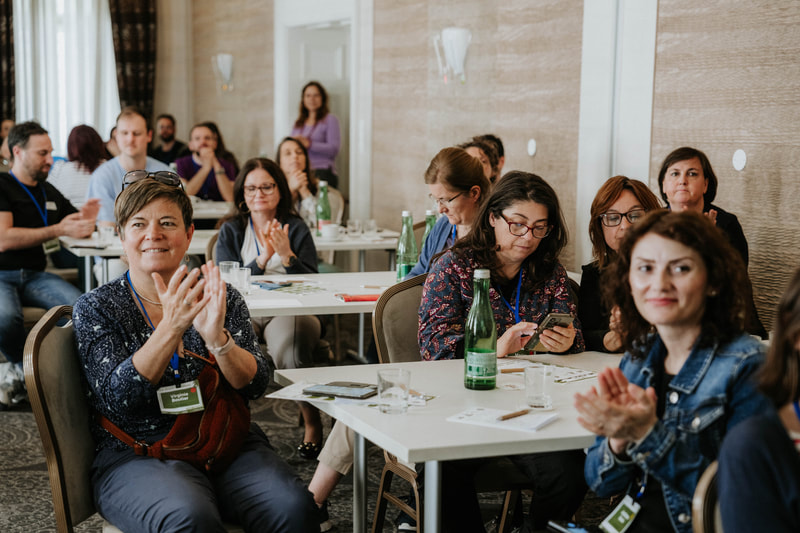
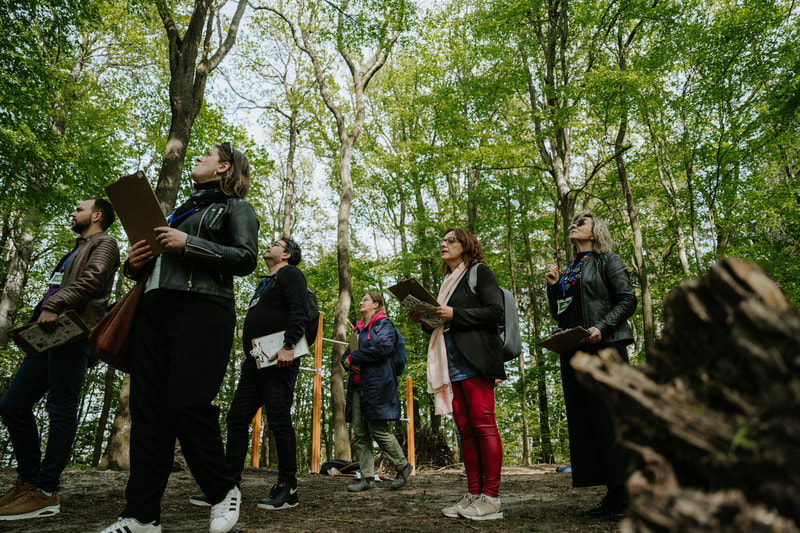
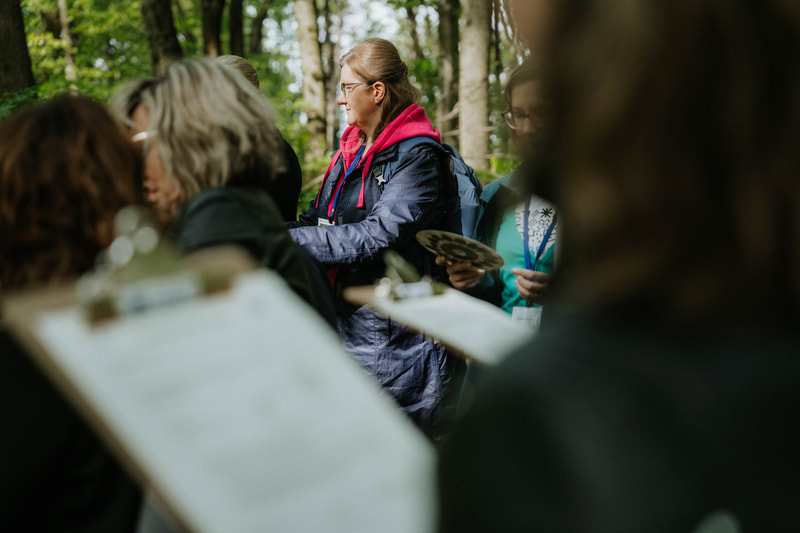
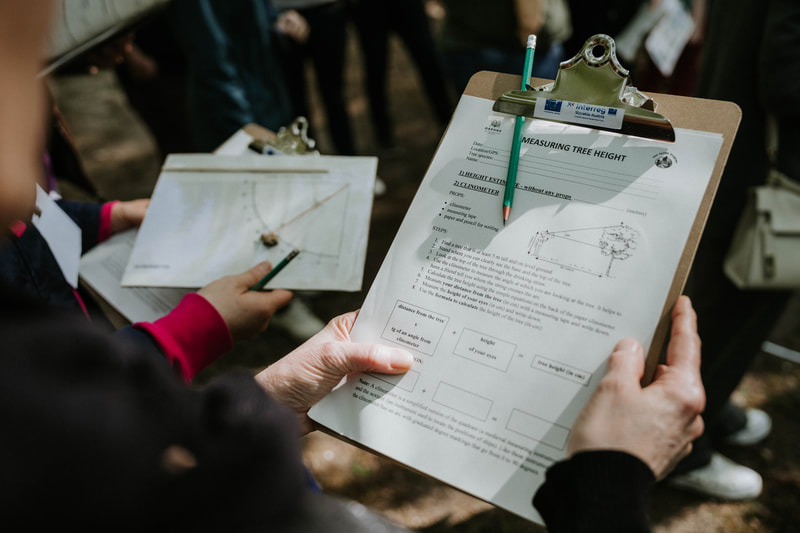
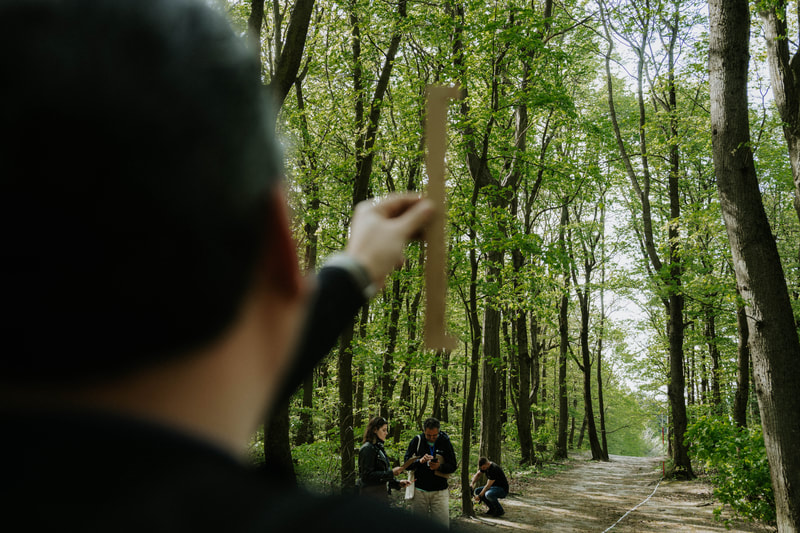
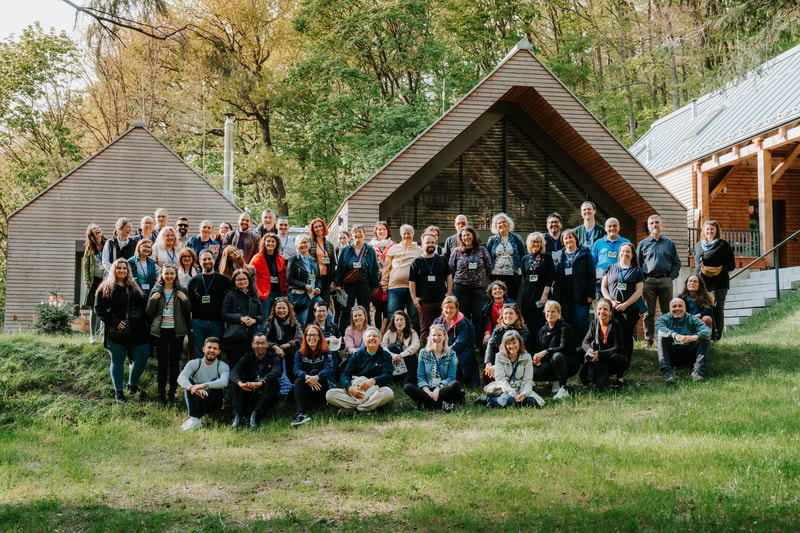
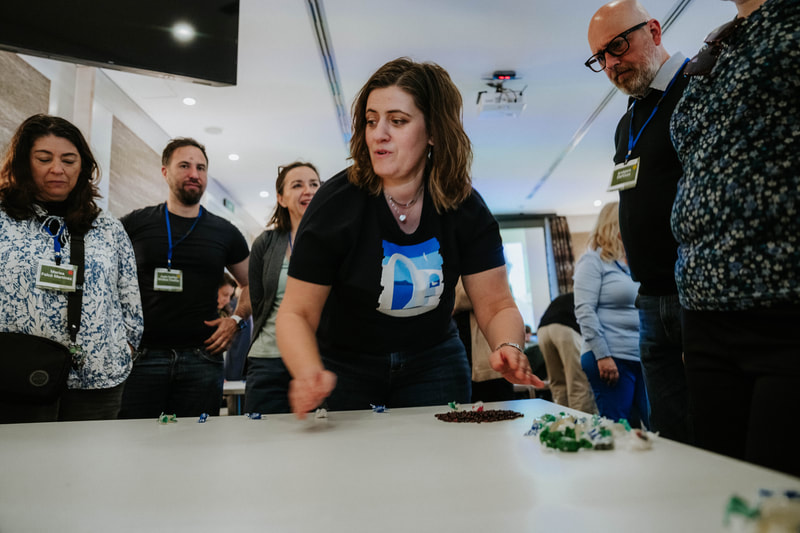
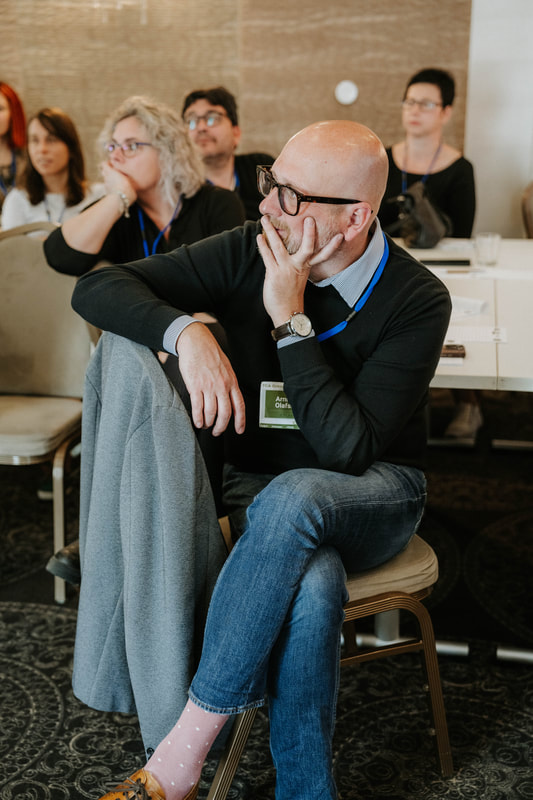
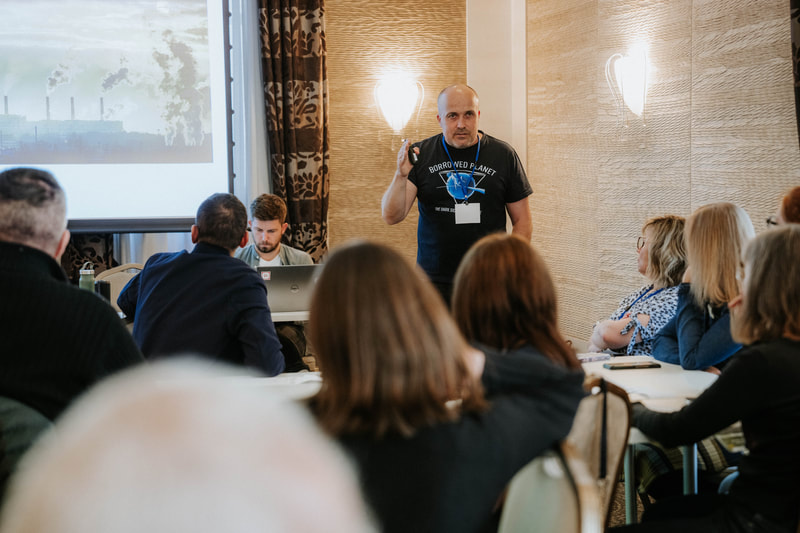
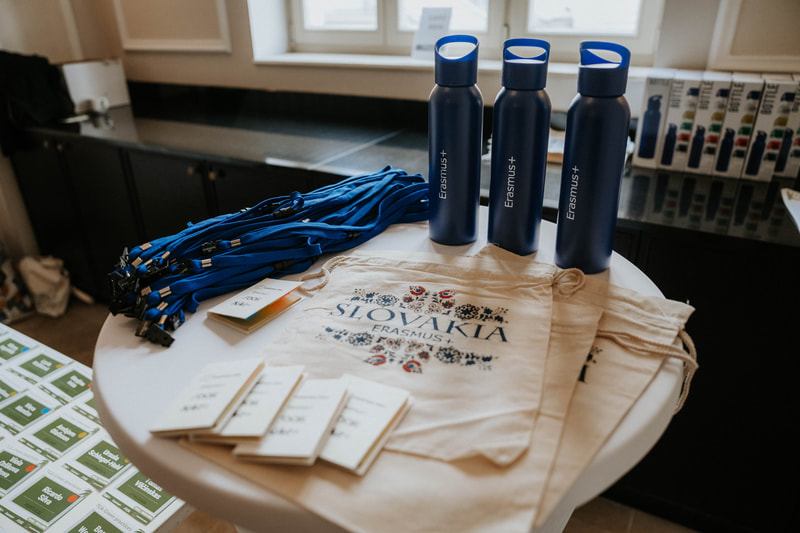
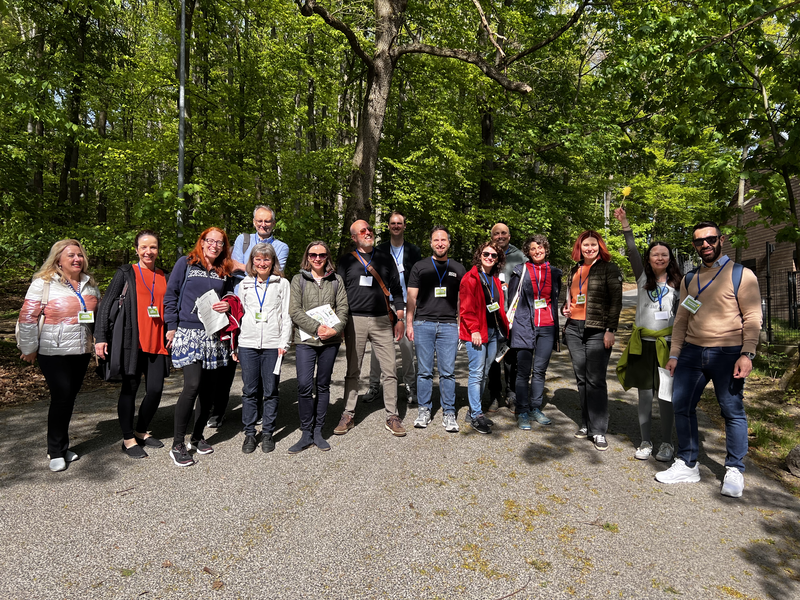
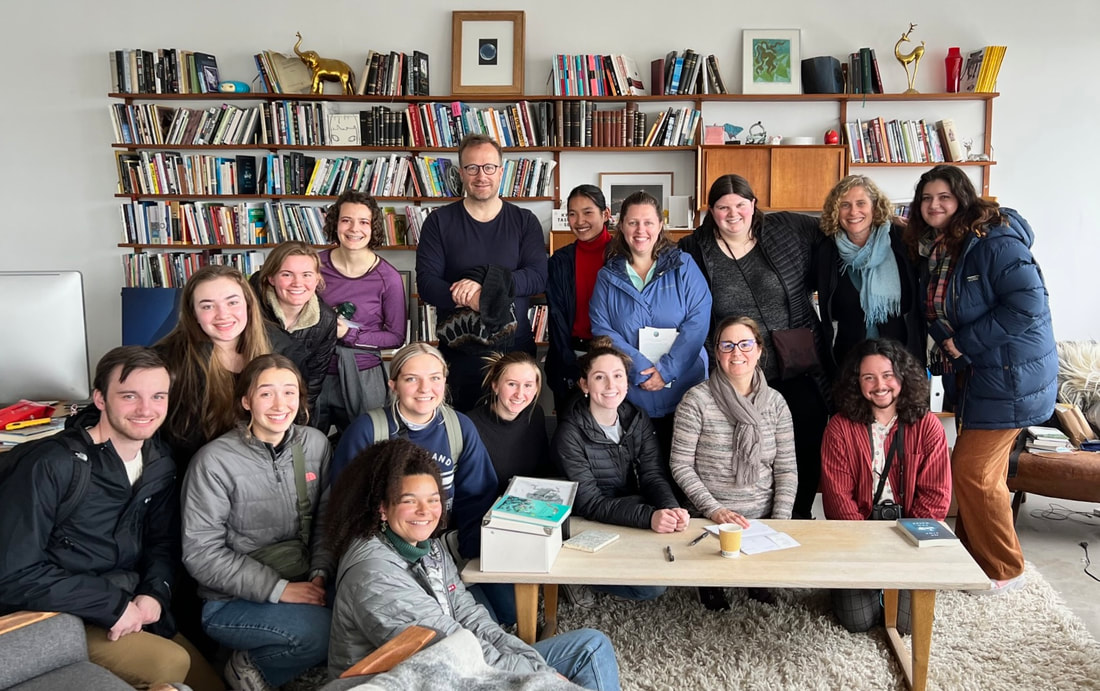
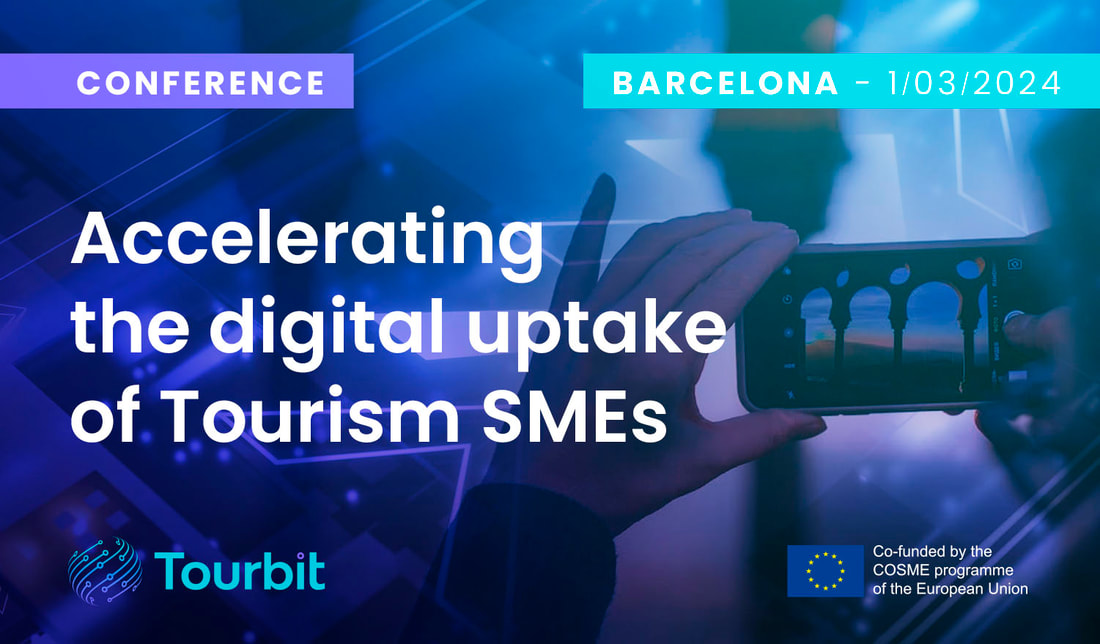
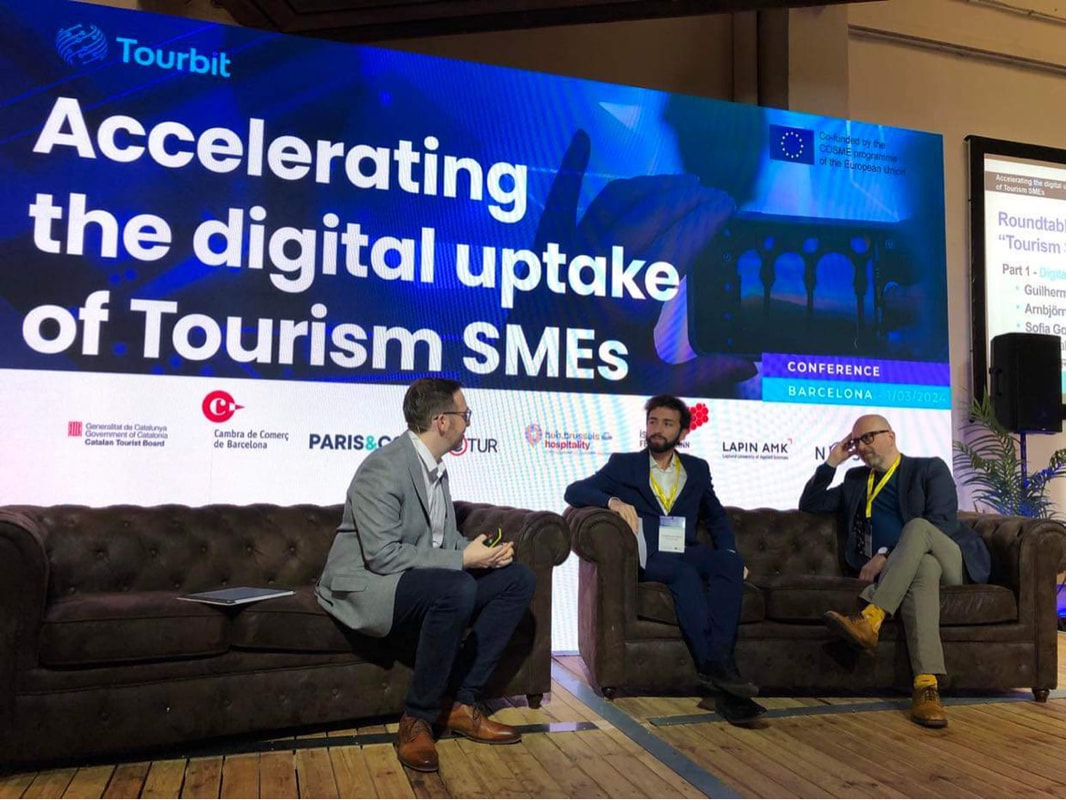
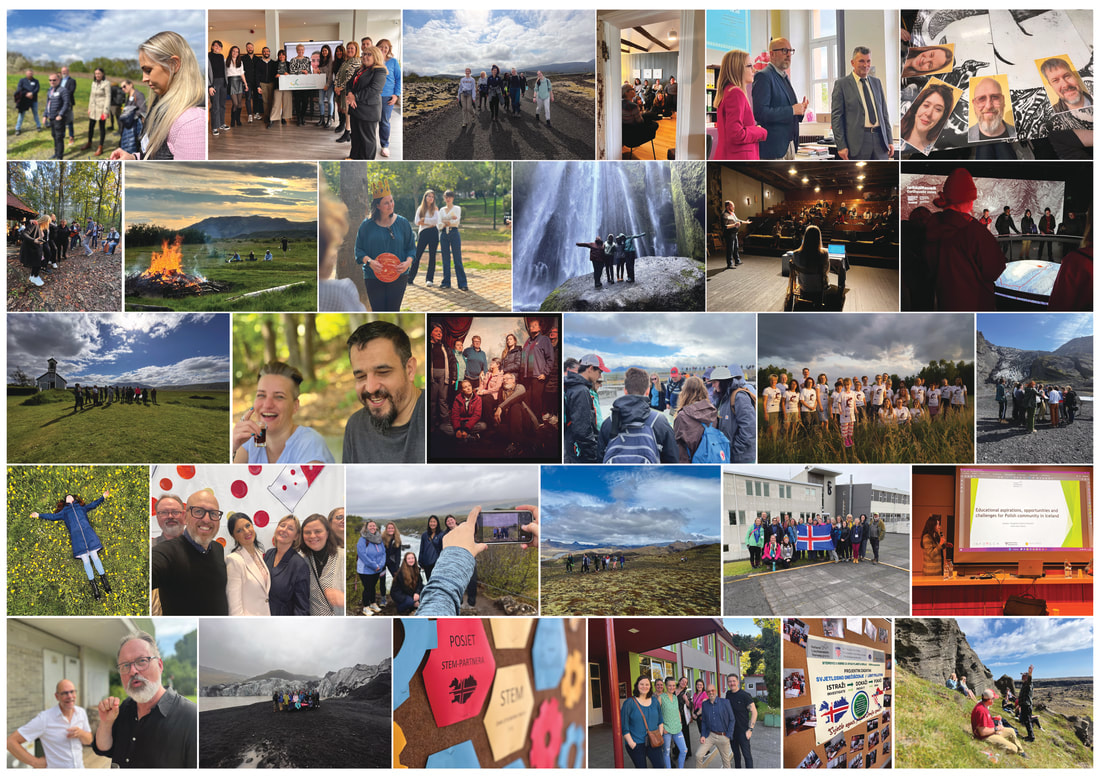
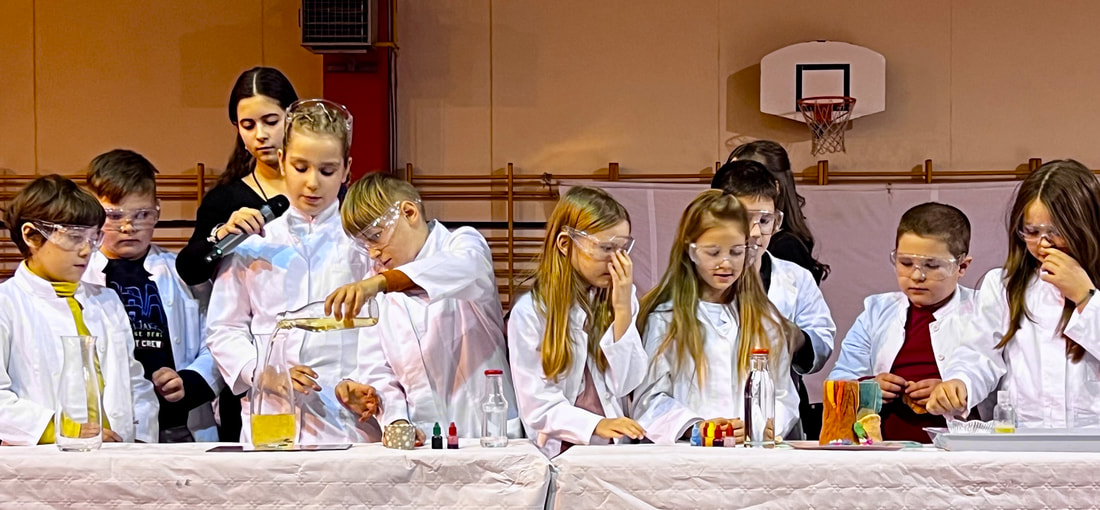
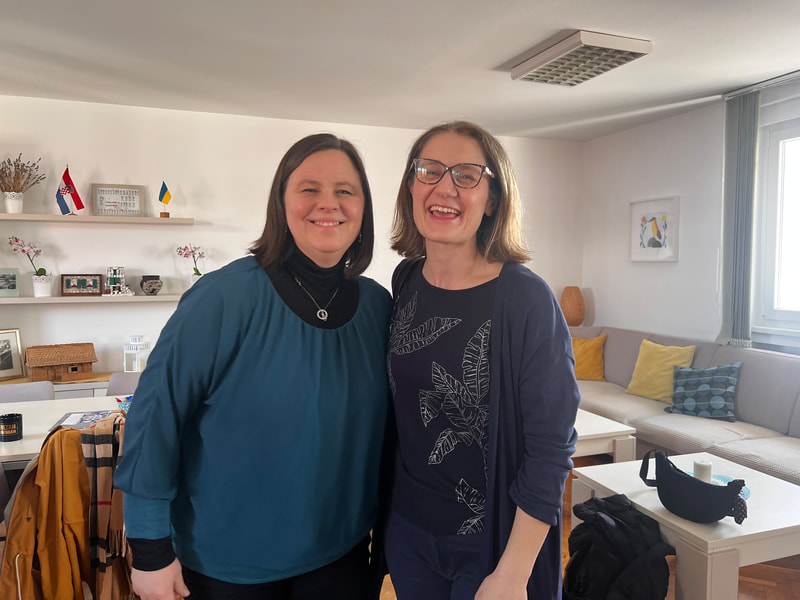
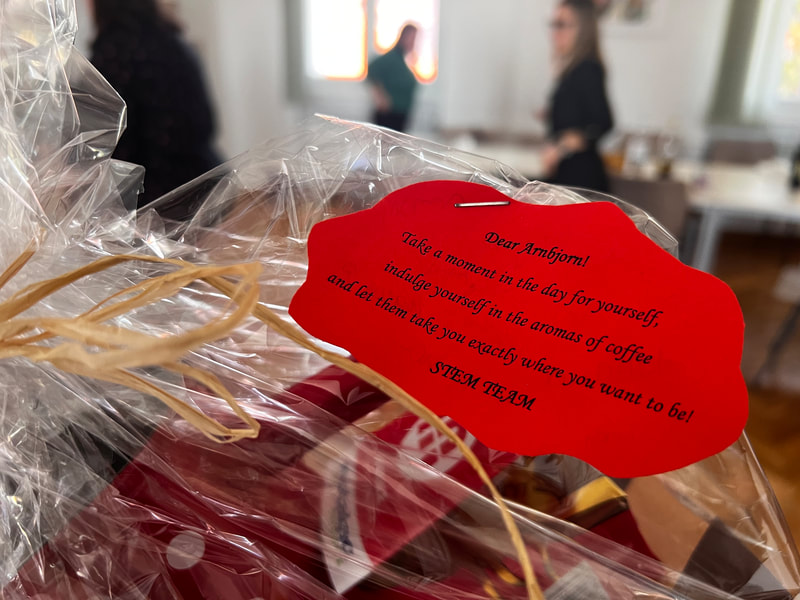
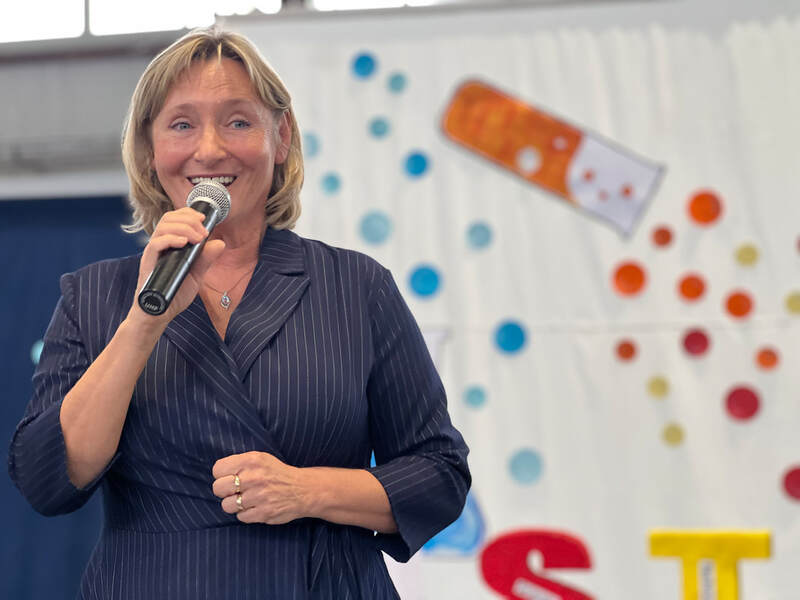
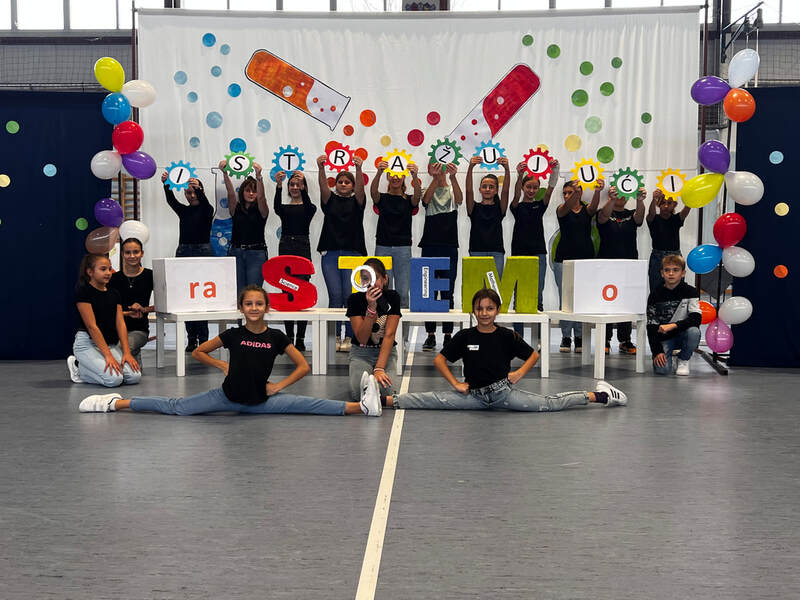
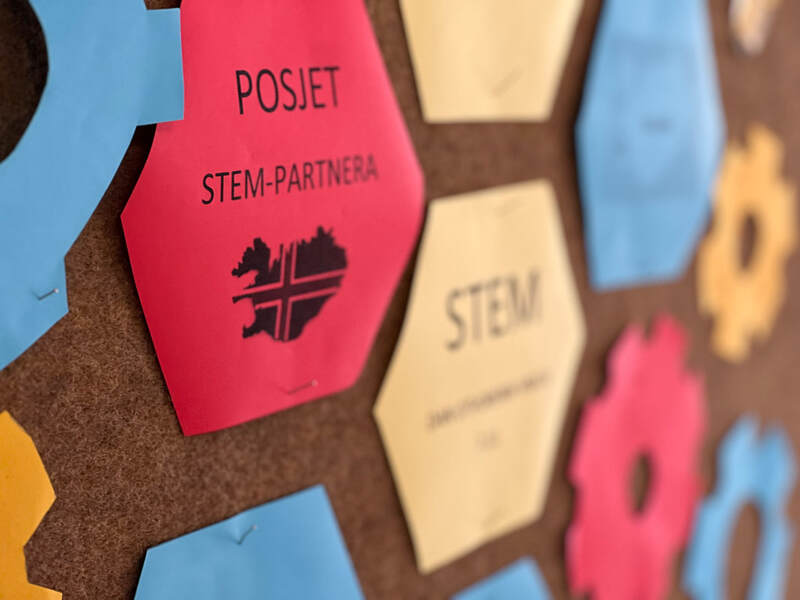
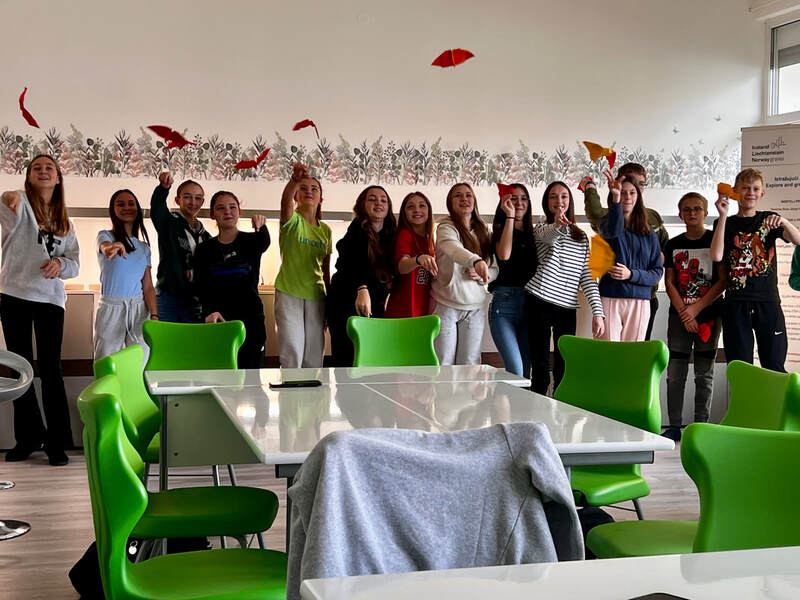
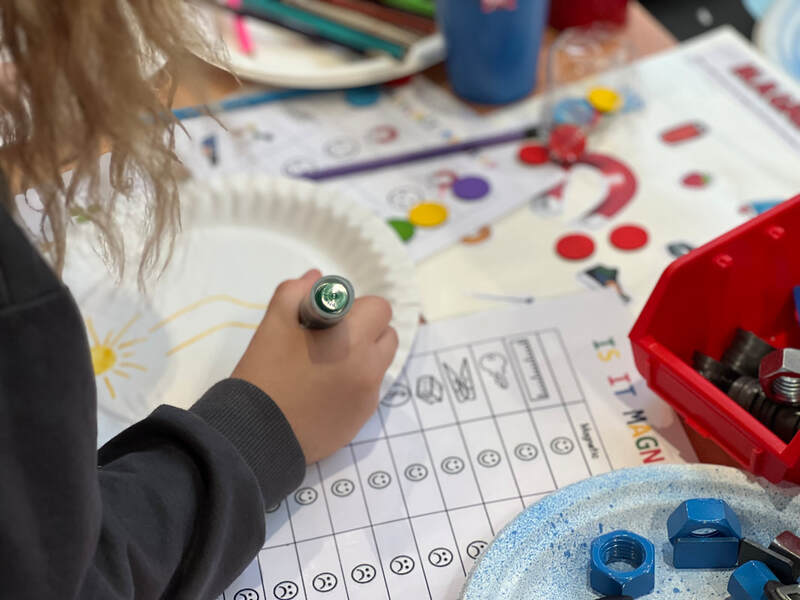
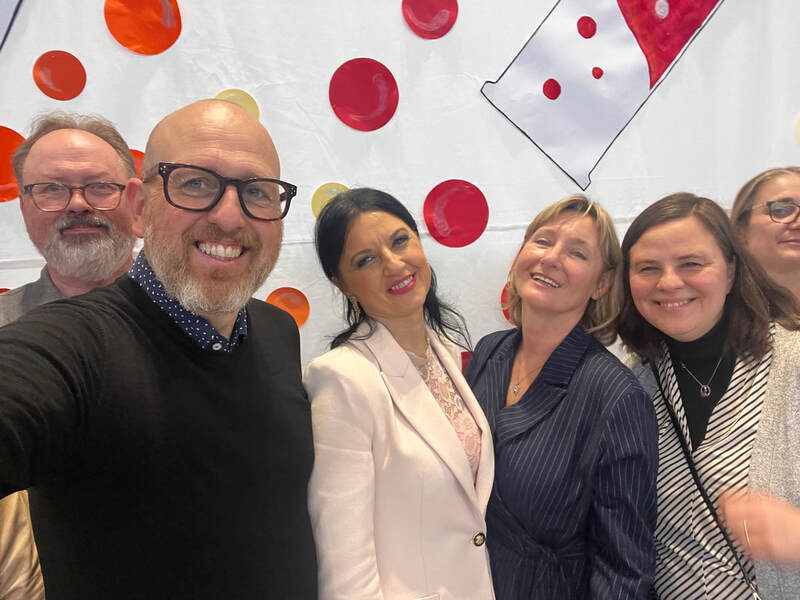
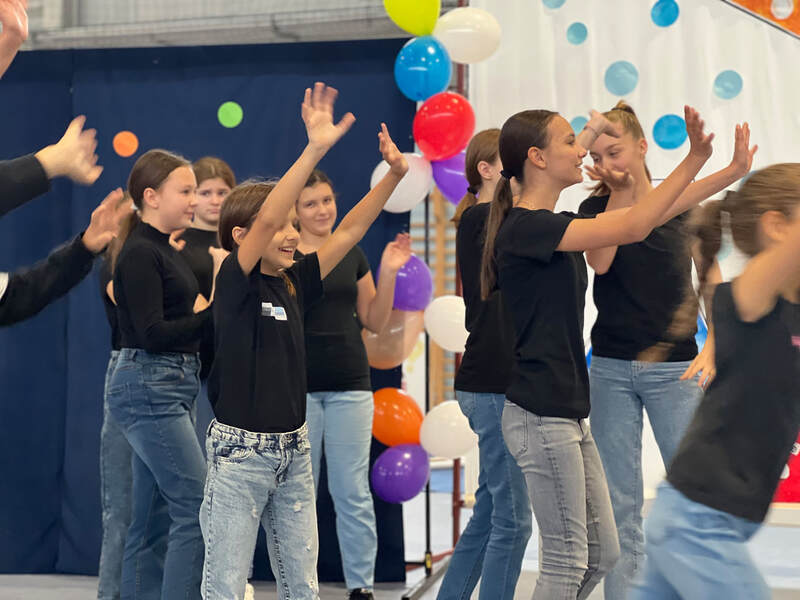
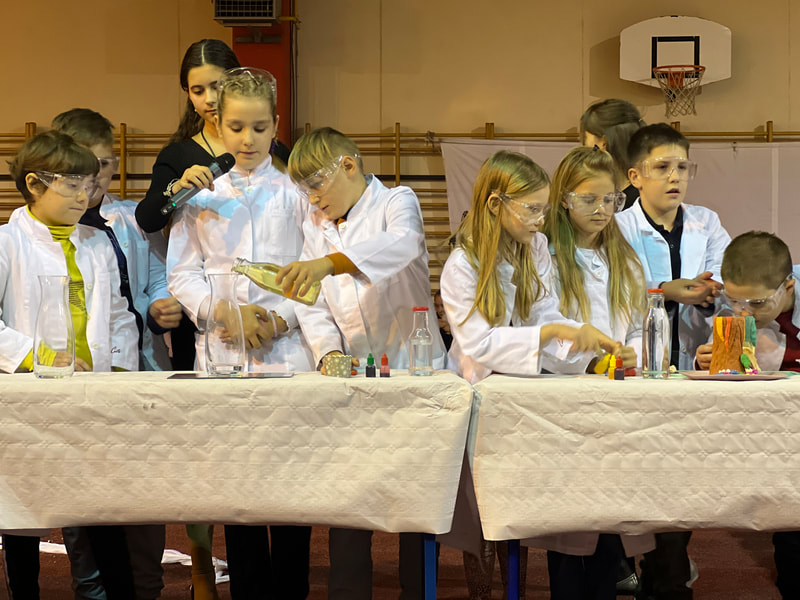
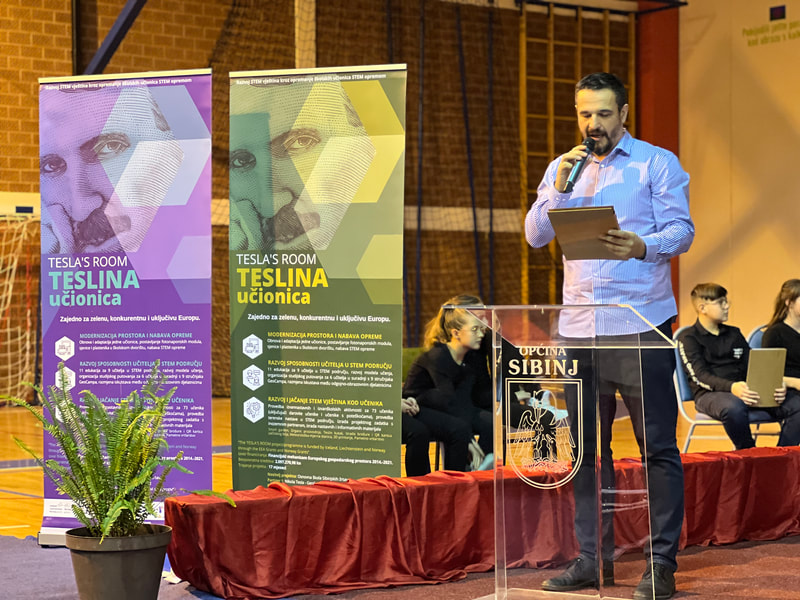
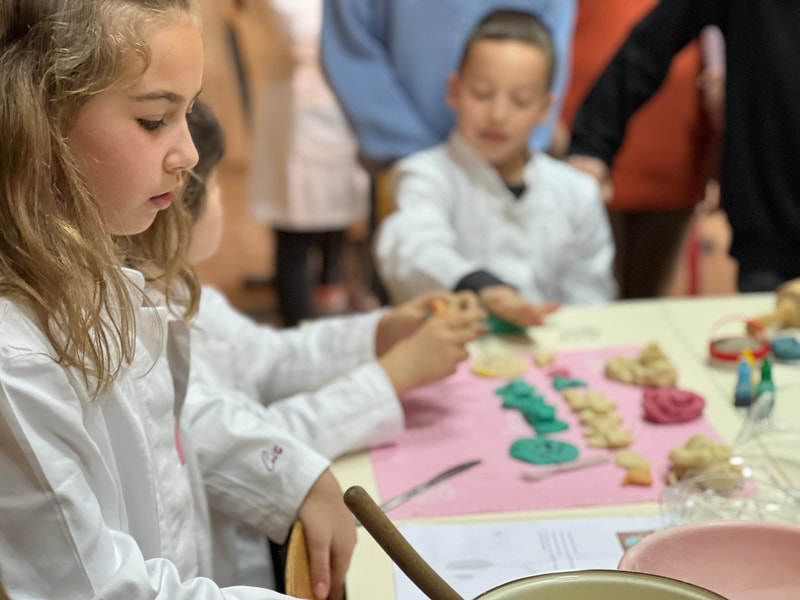
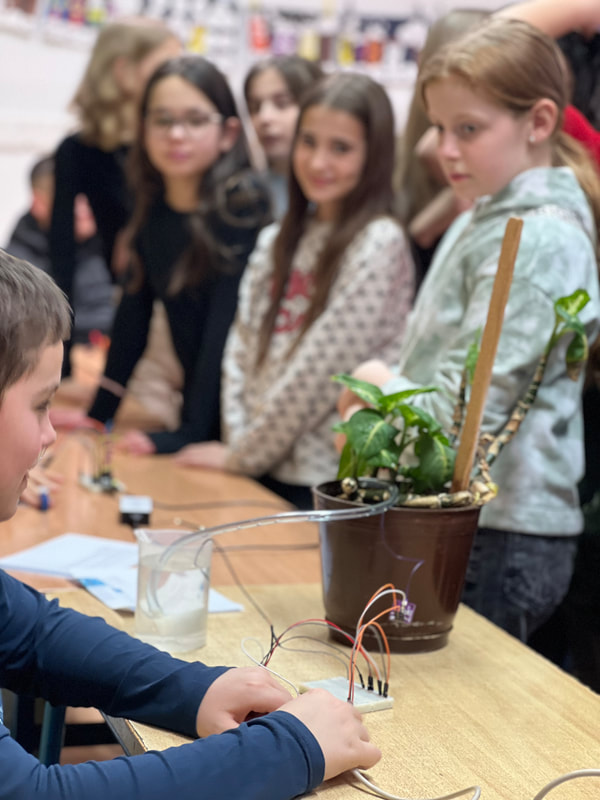
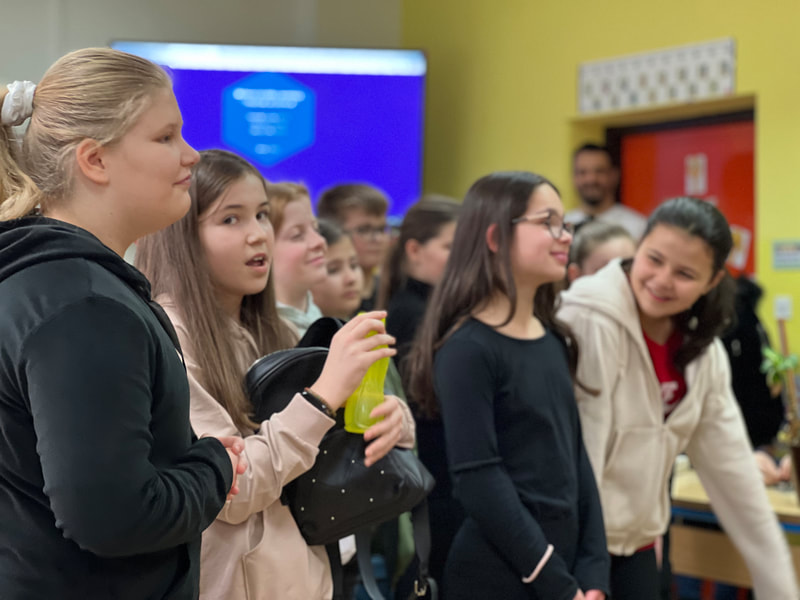
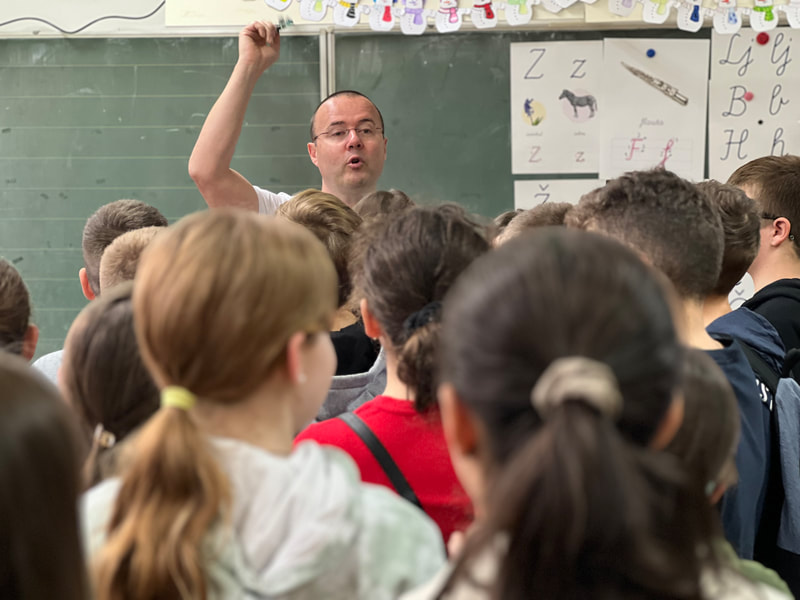
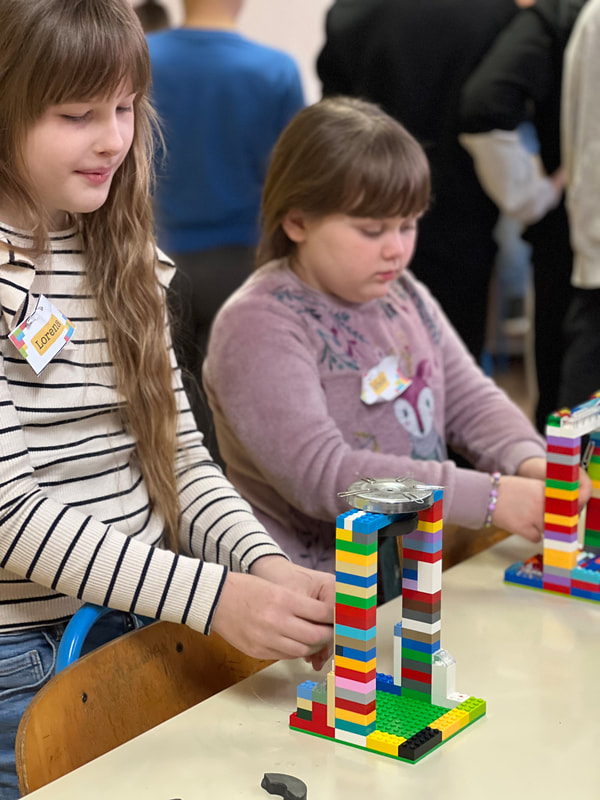
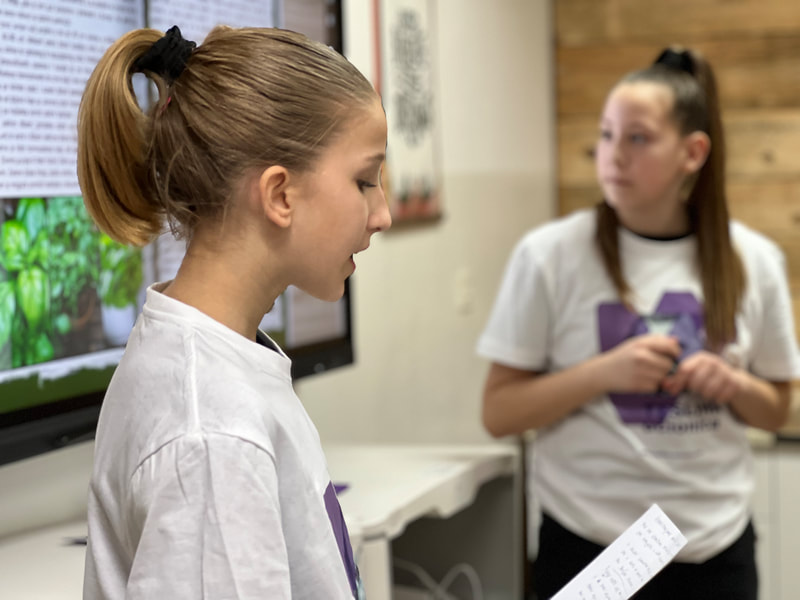
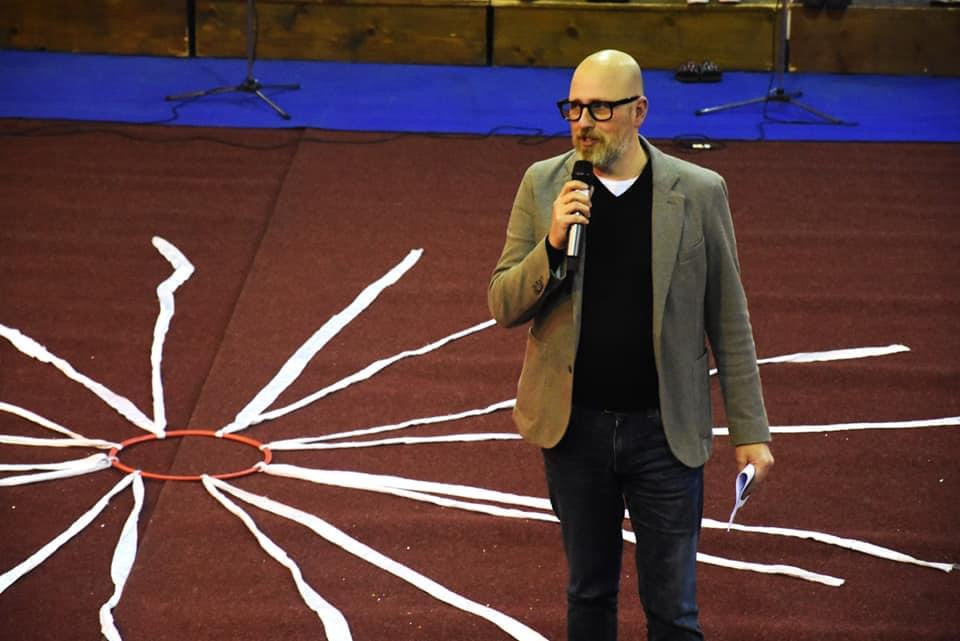
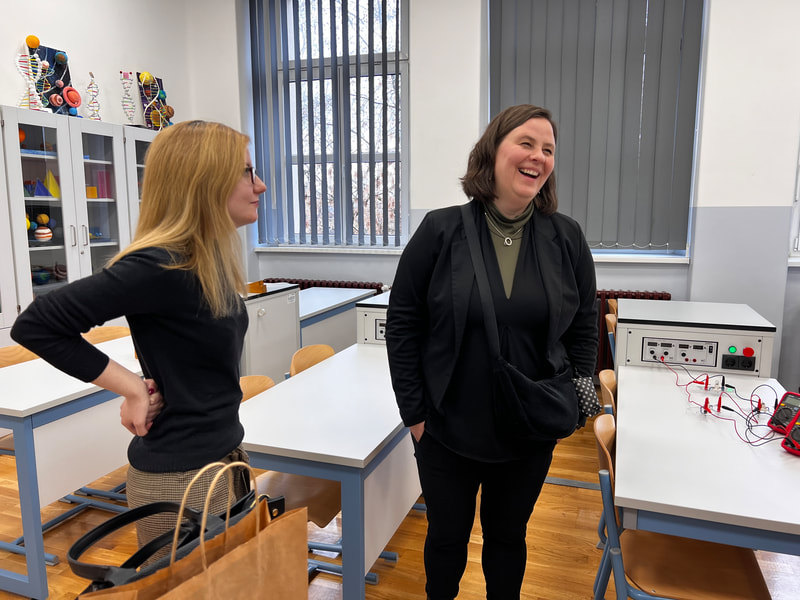
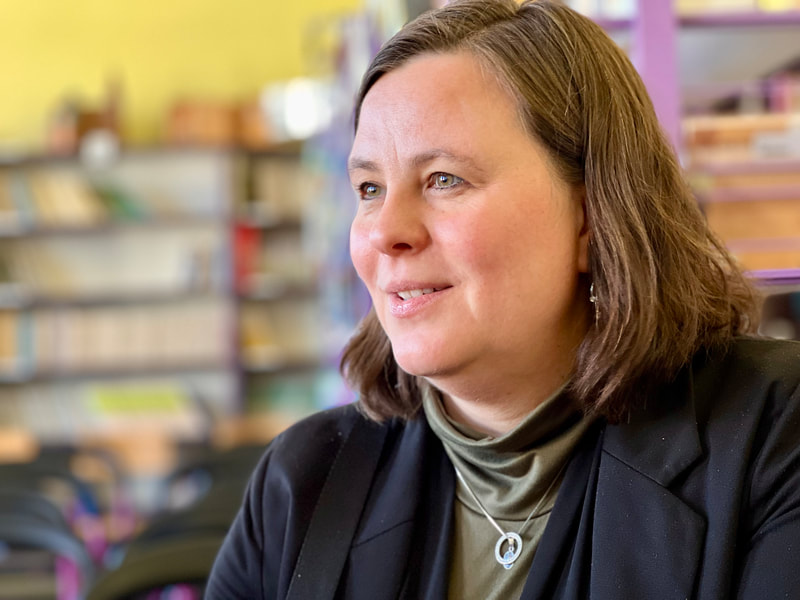
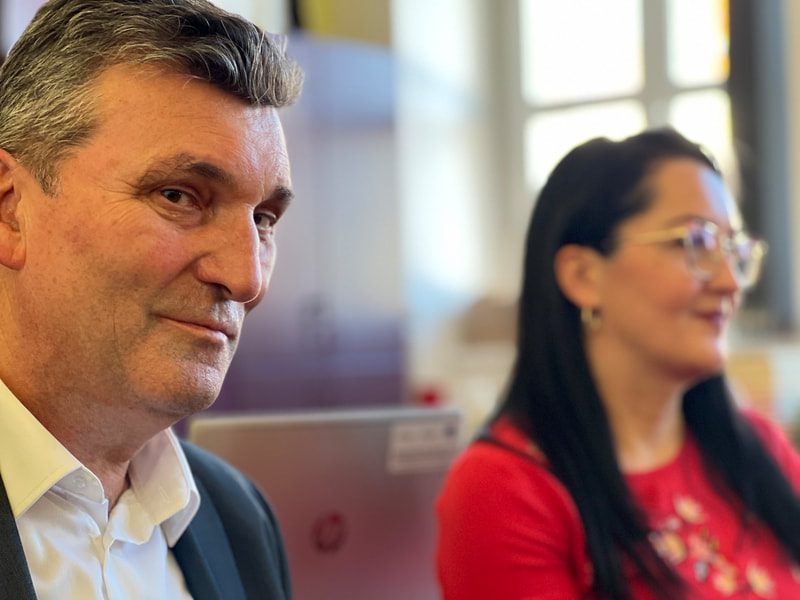
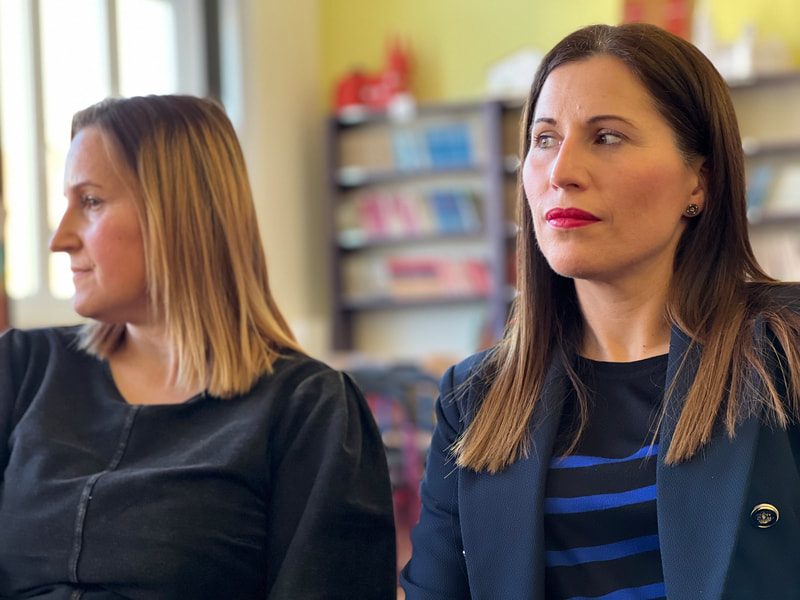
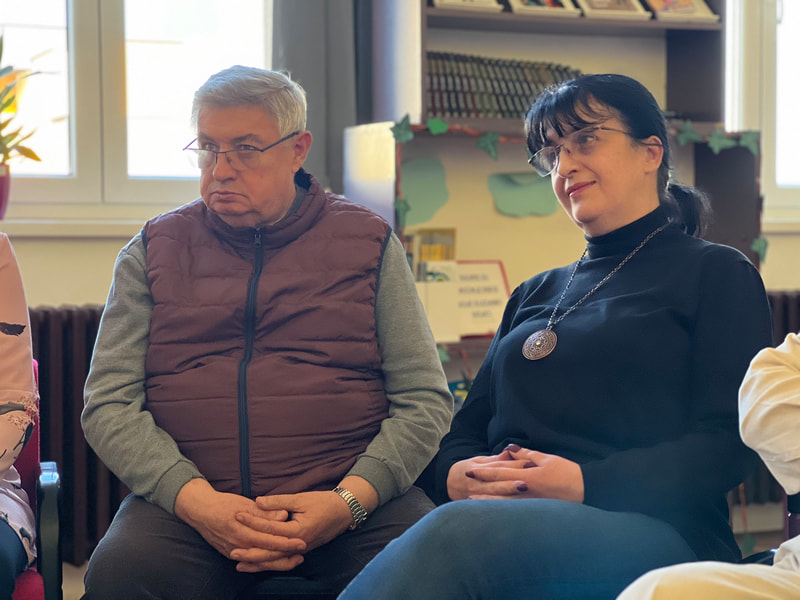
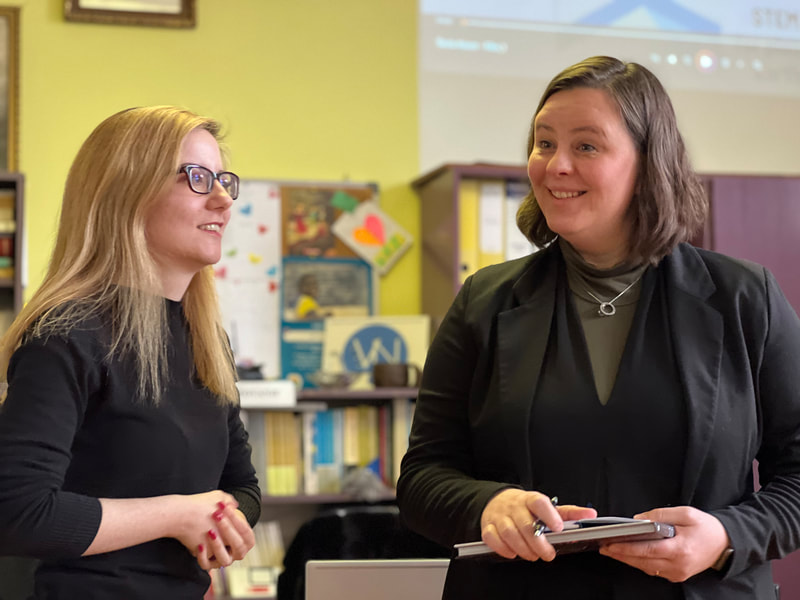
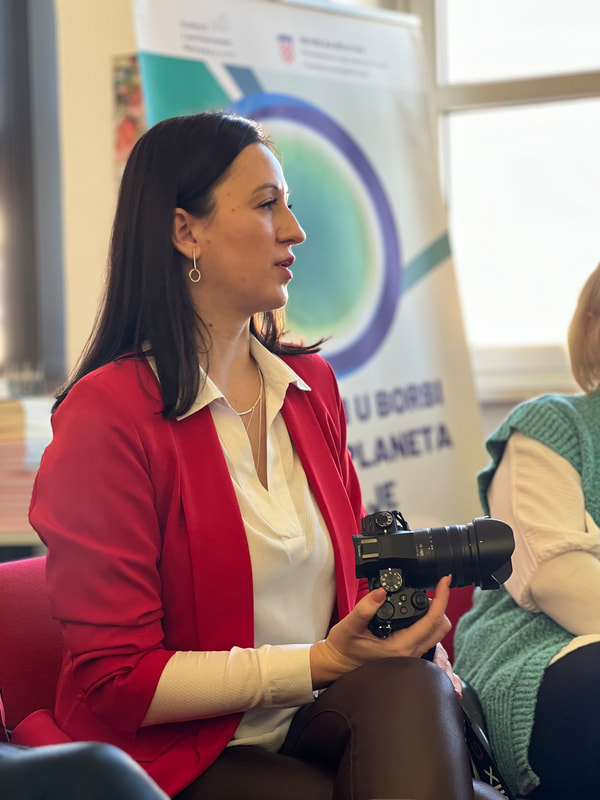
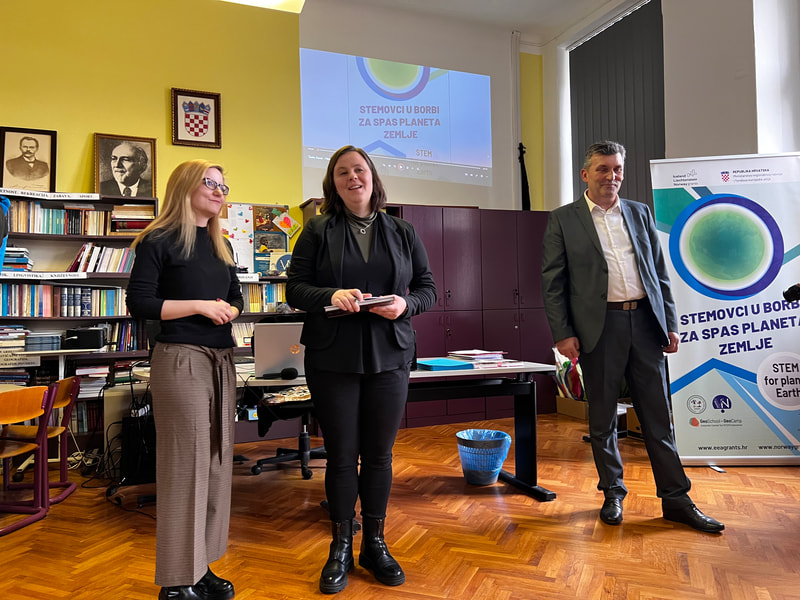
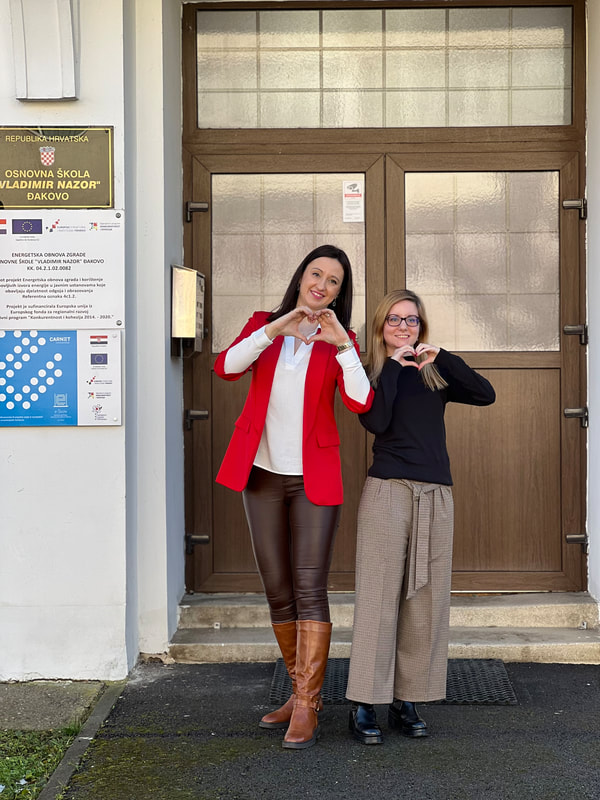
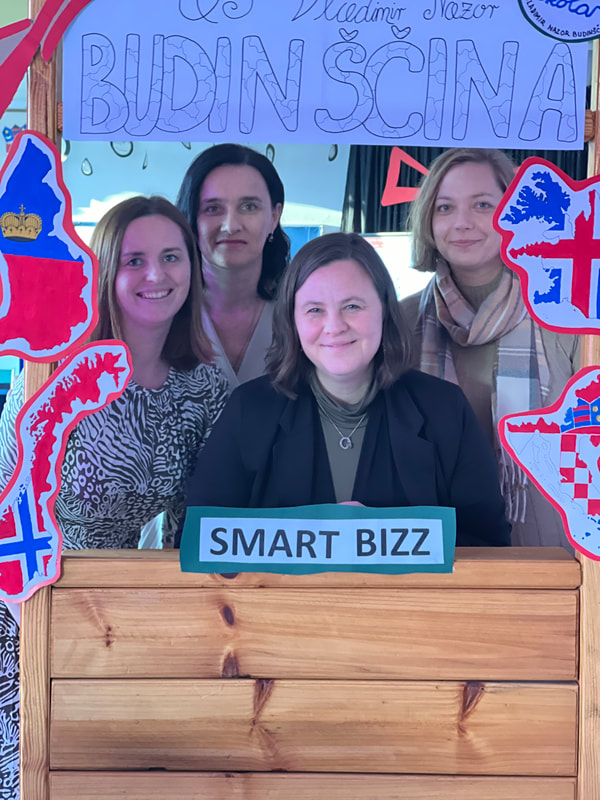
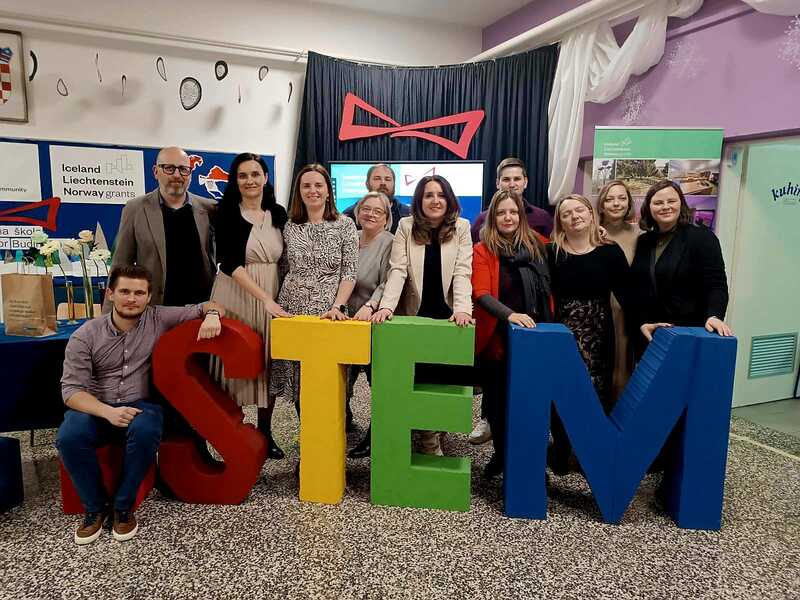
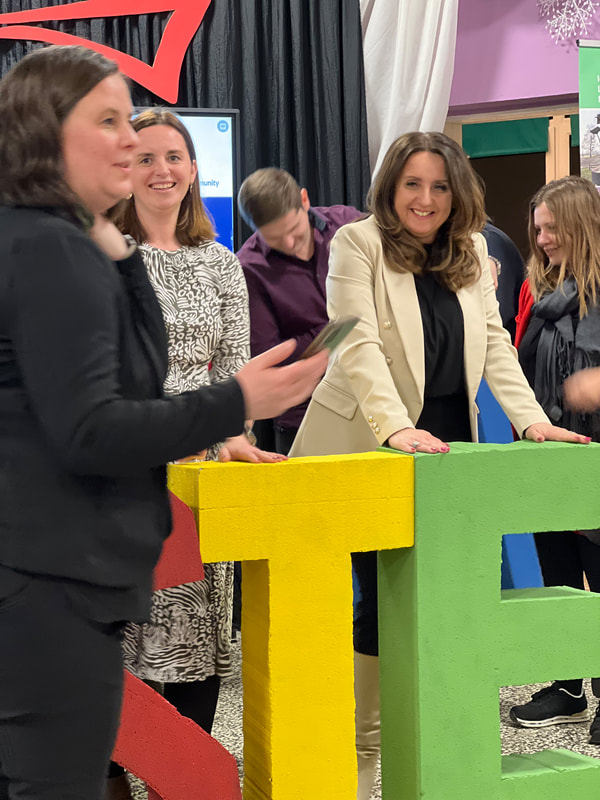
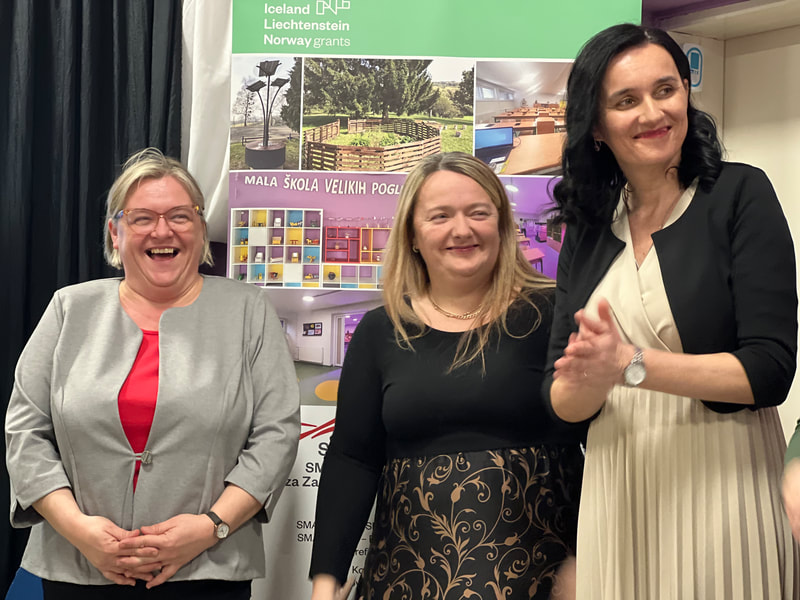
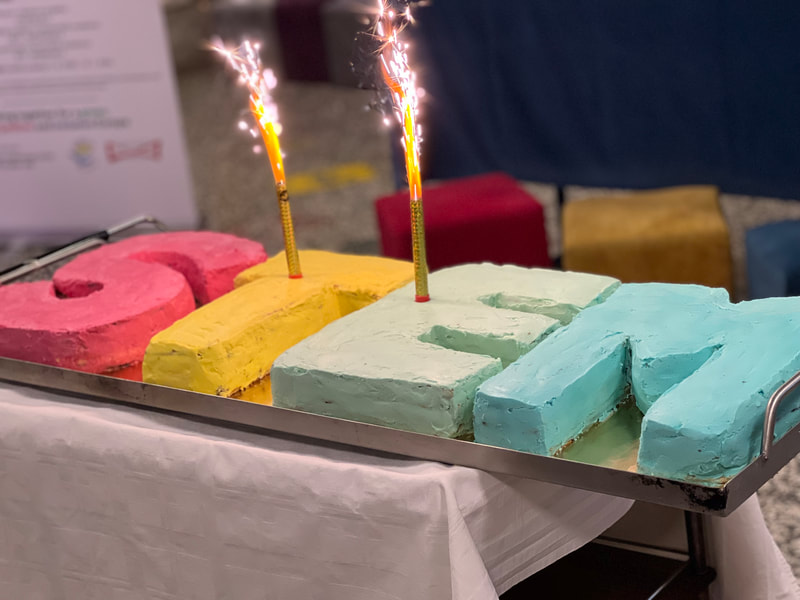
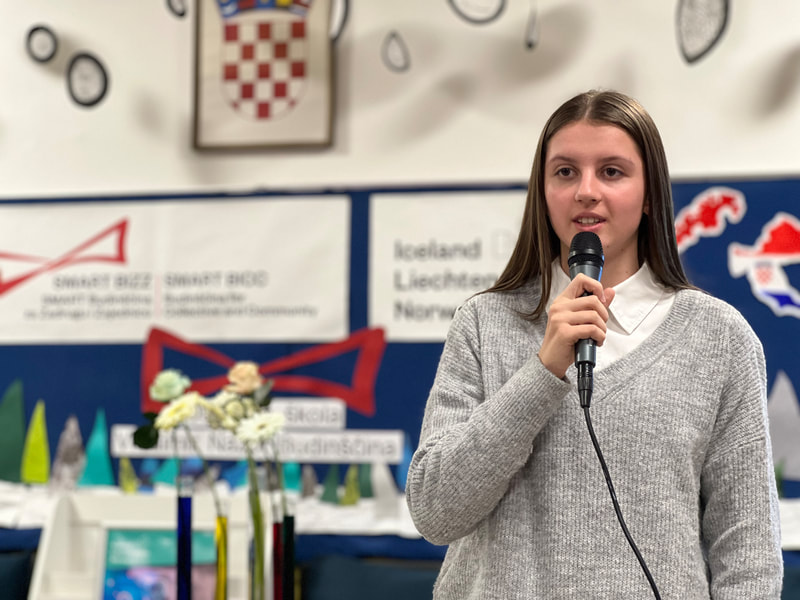
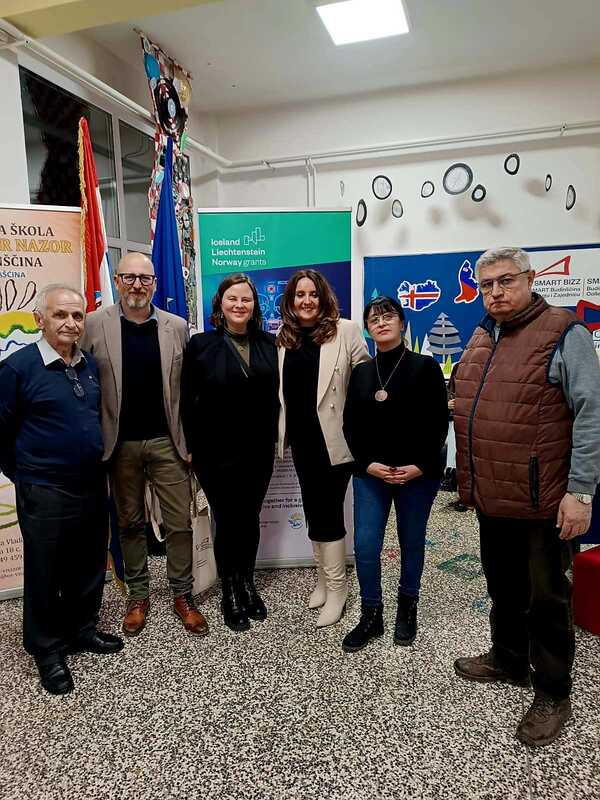
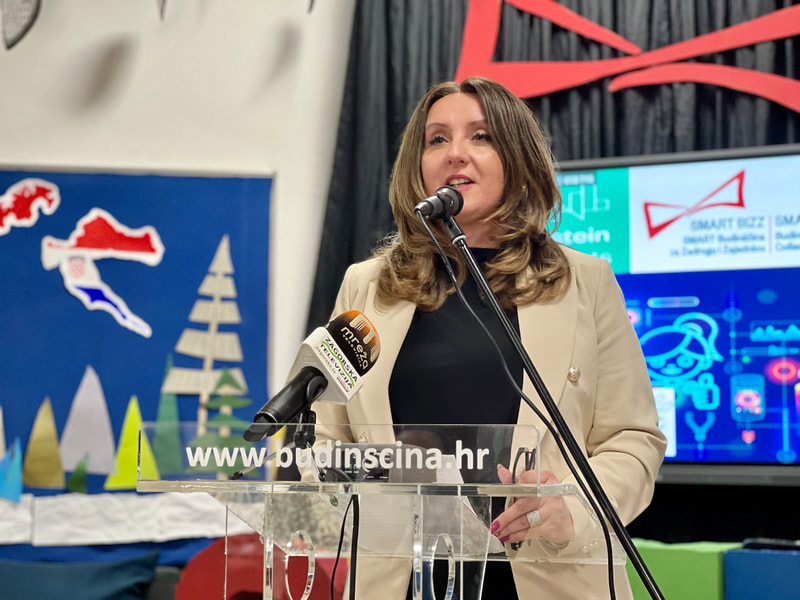
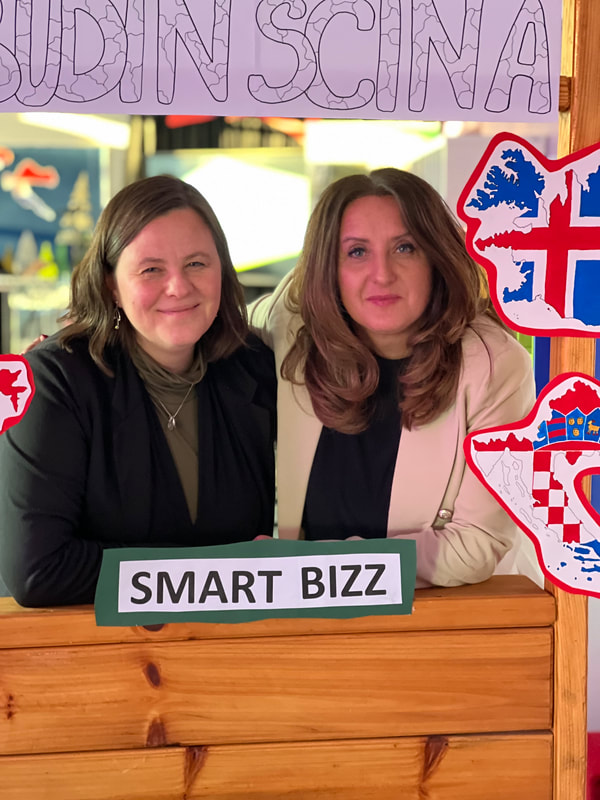
 RSS Feed
RSS Feed

